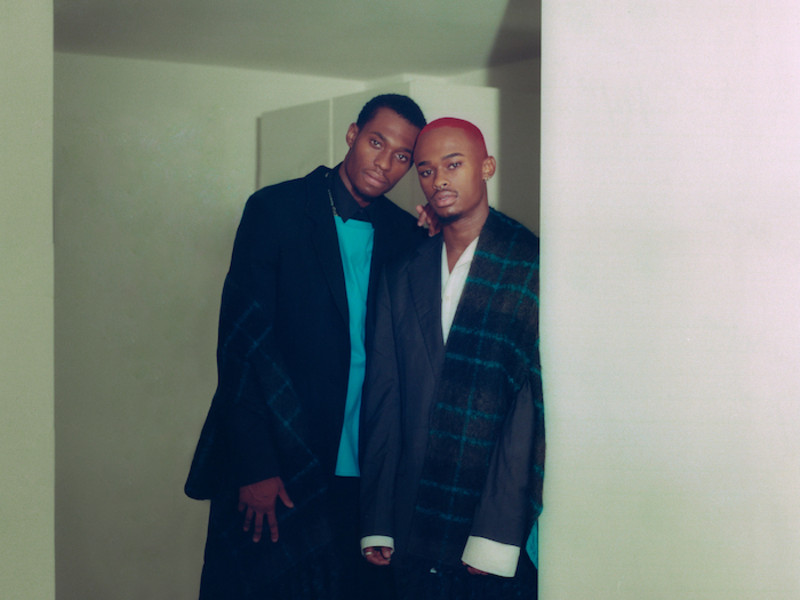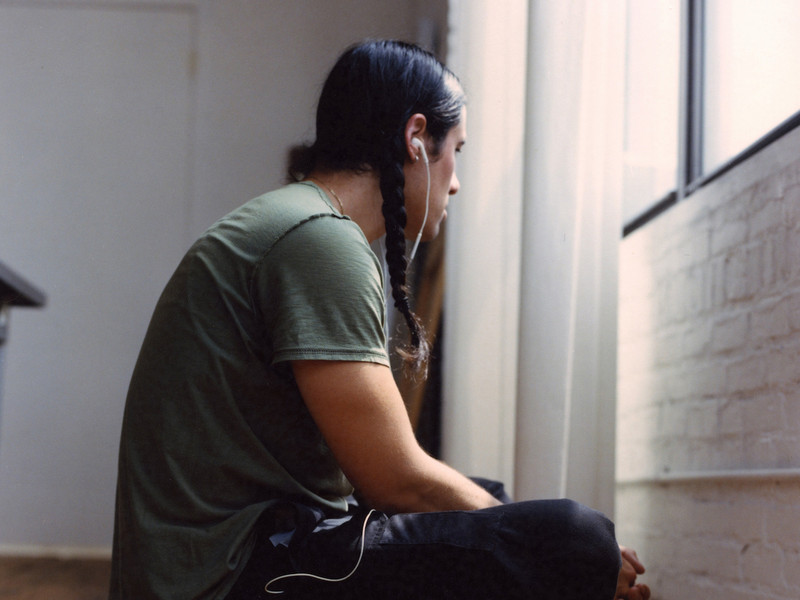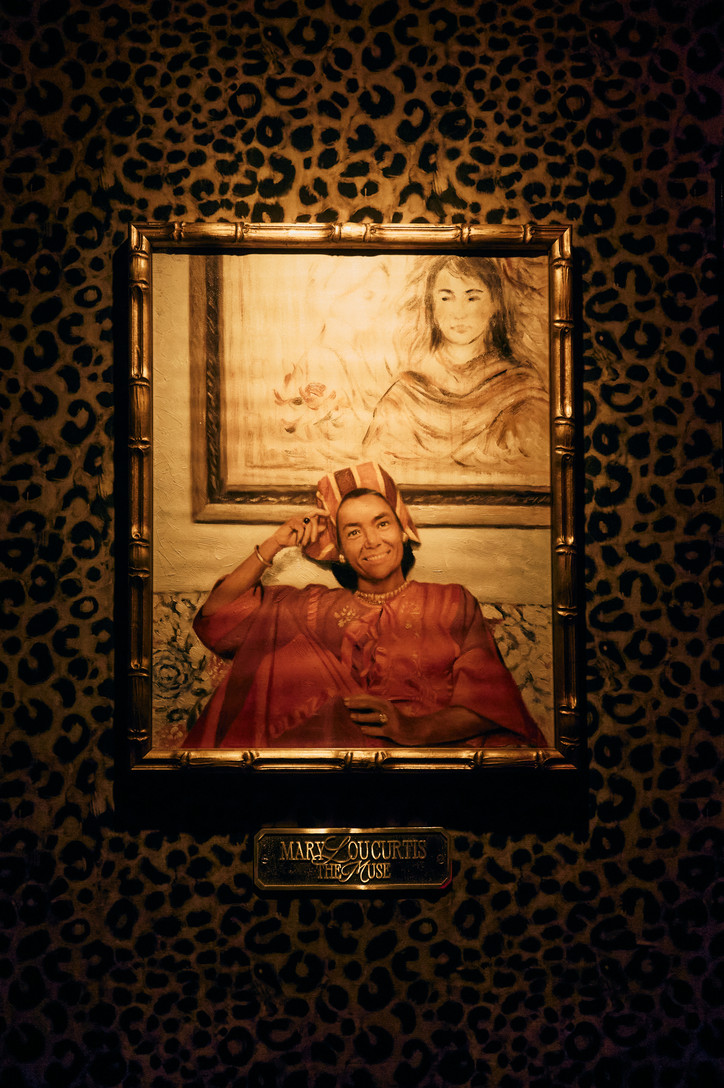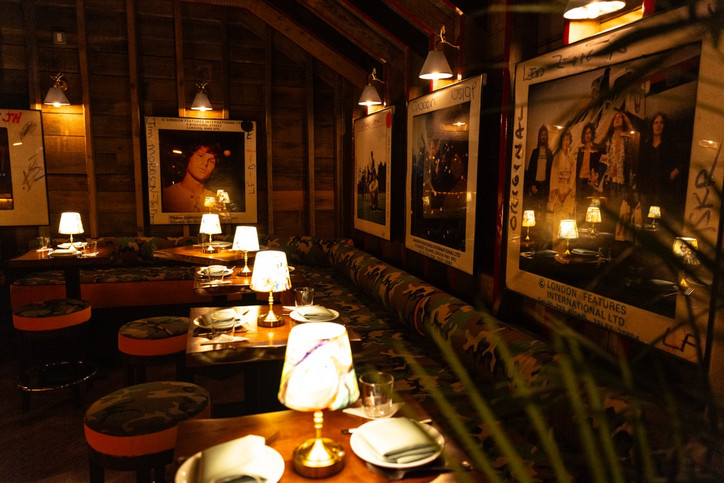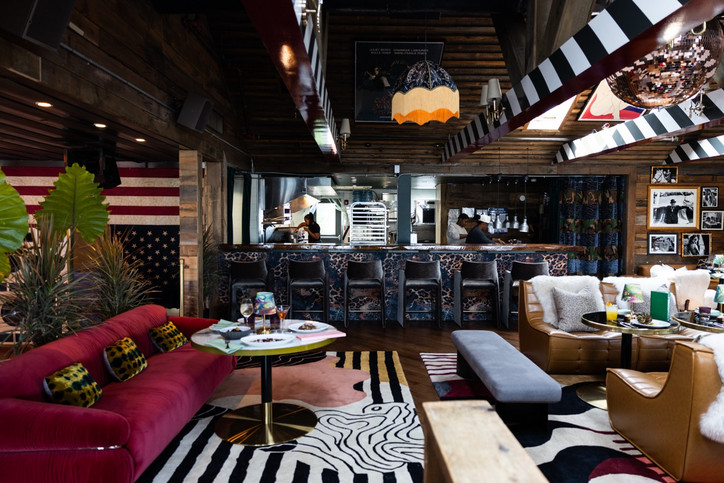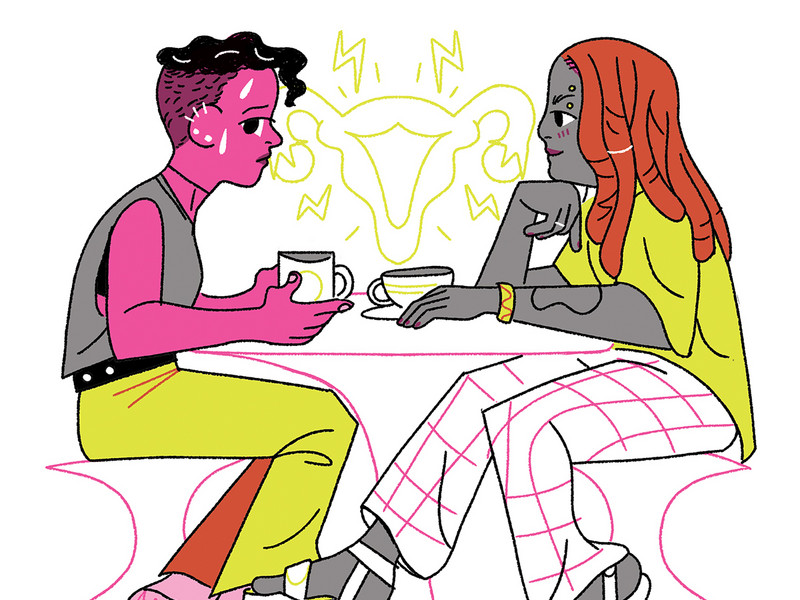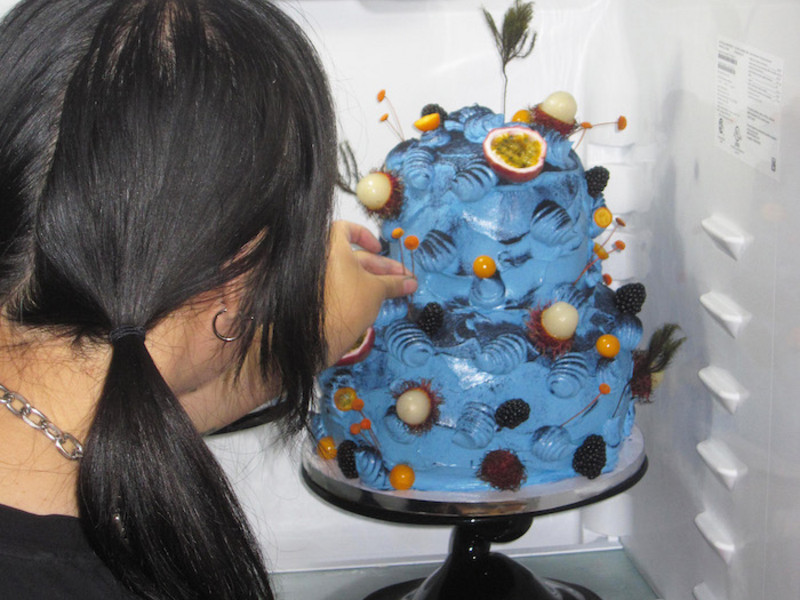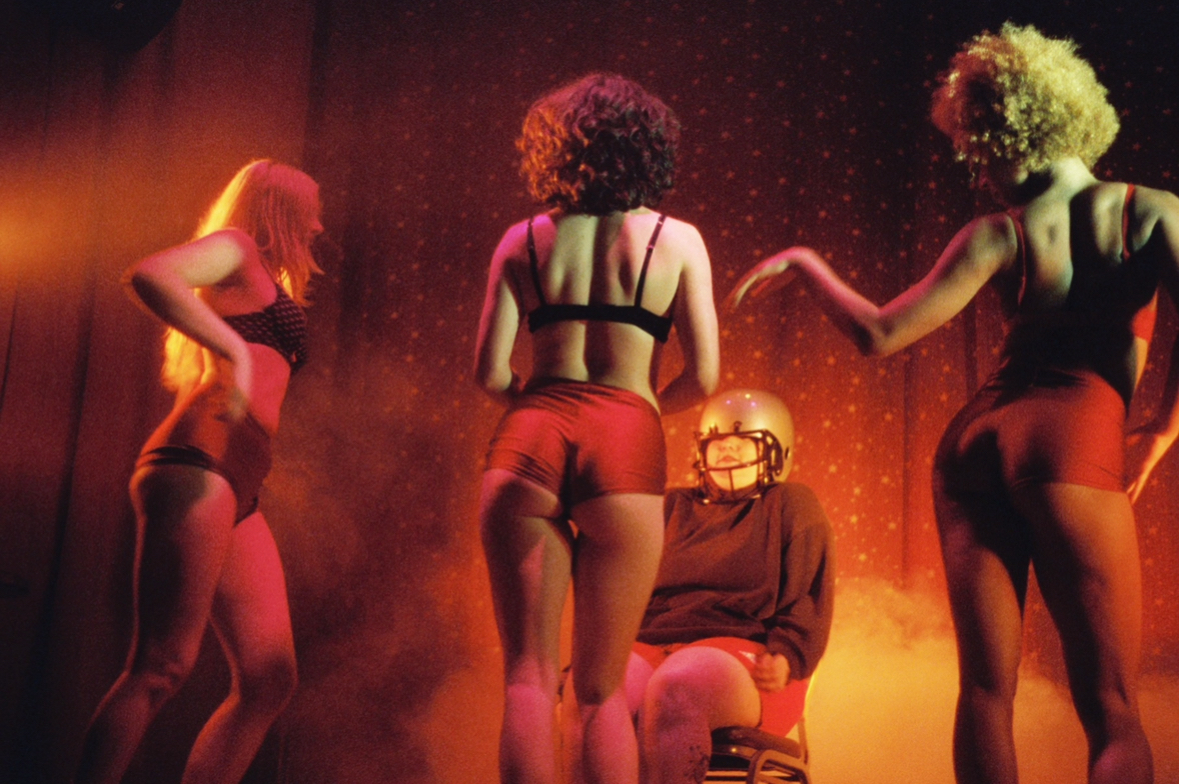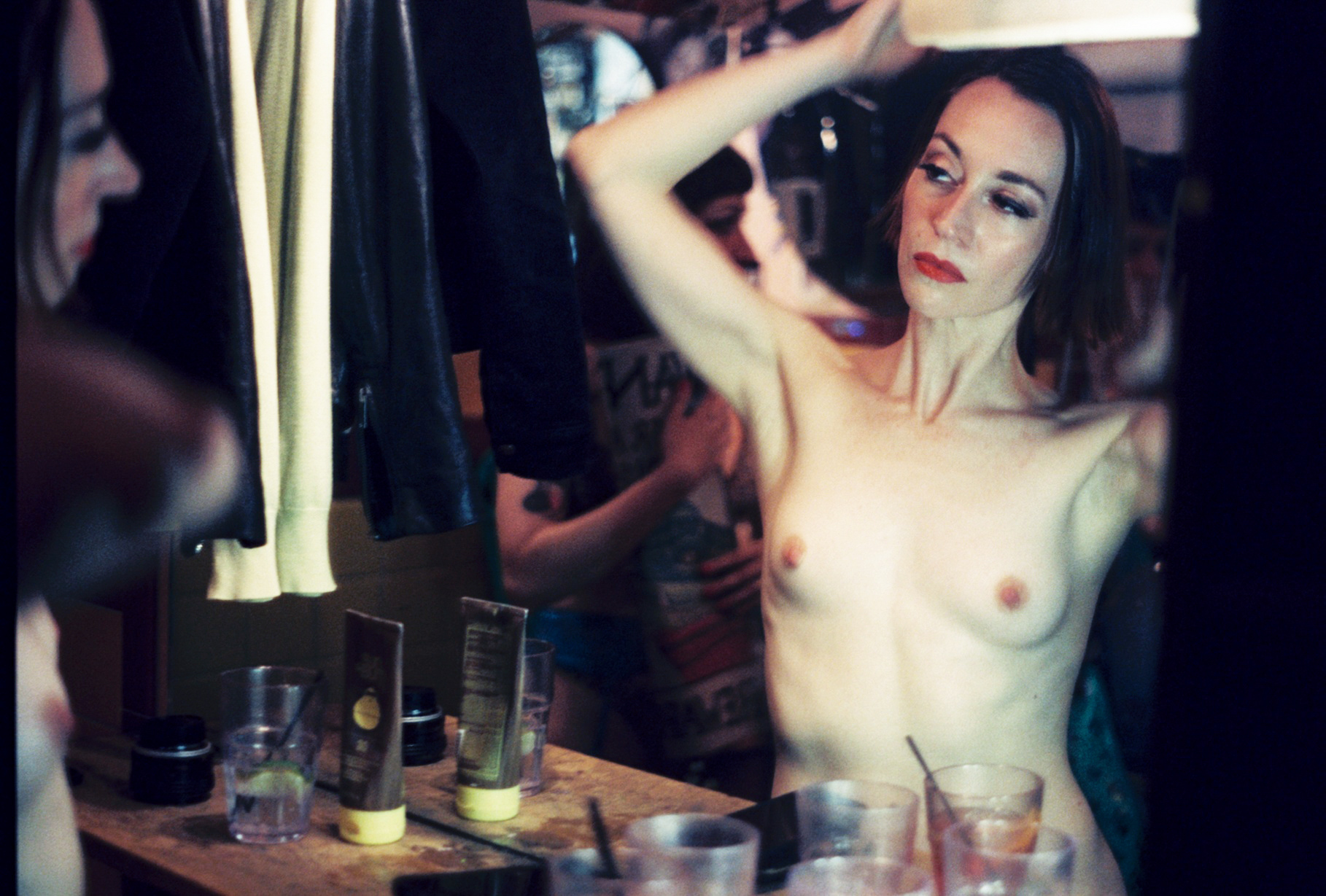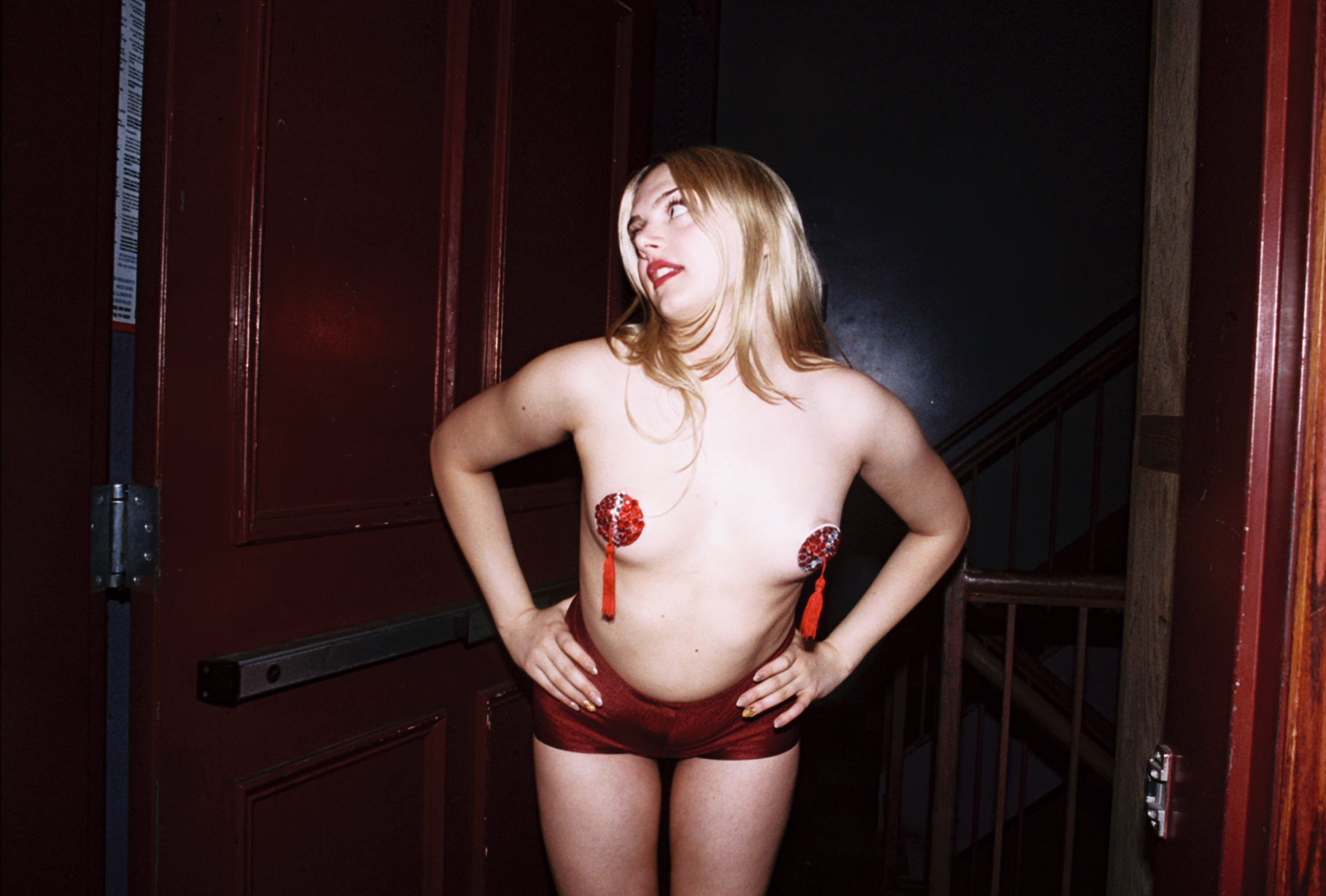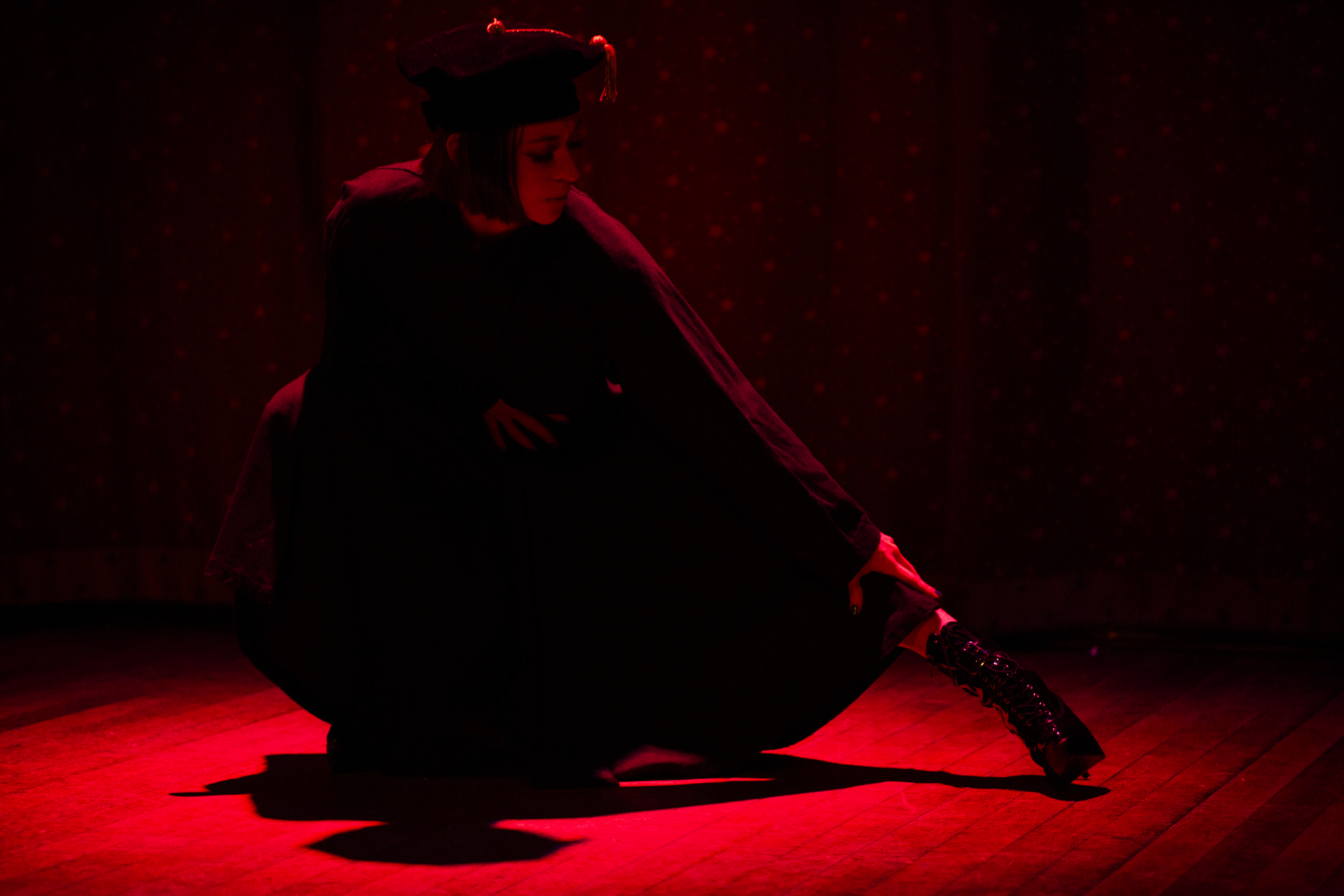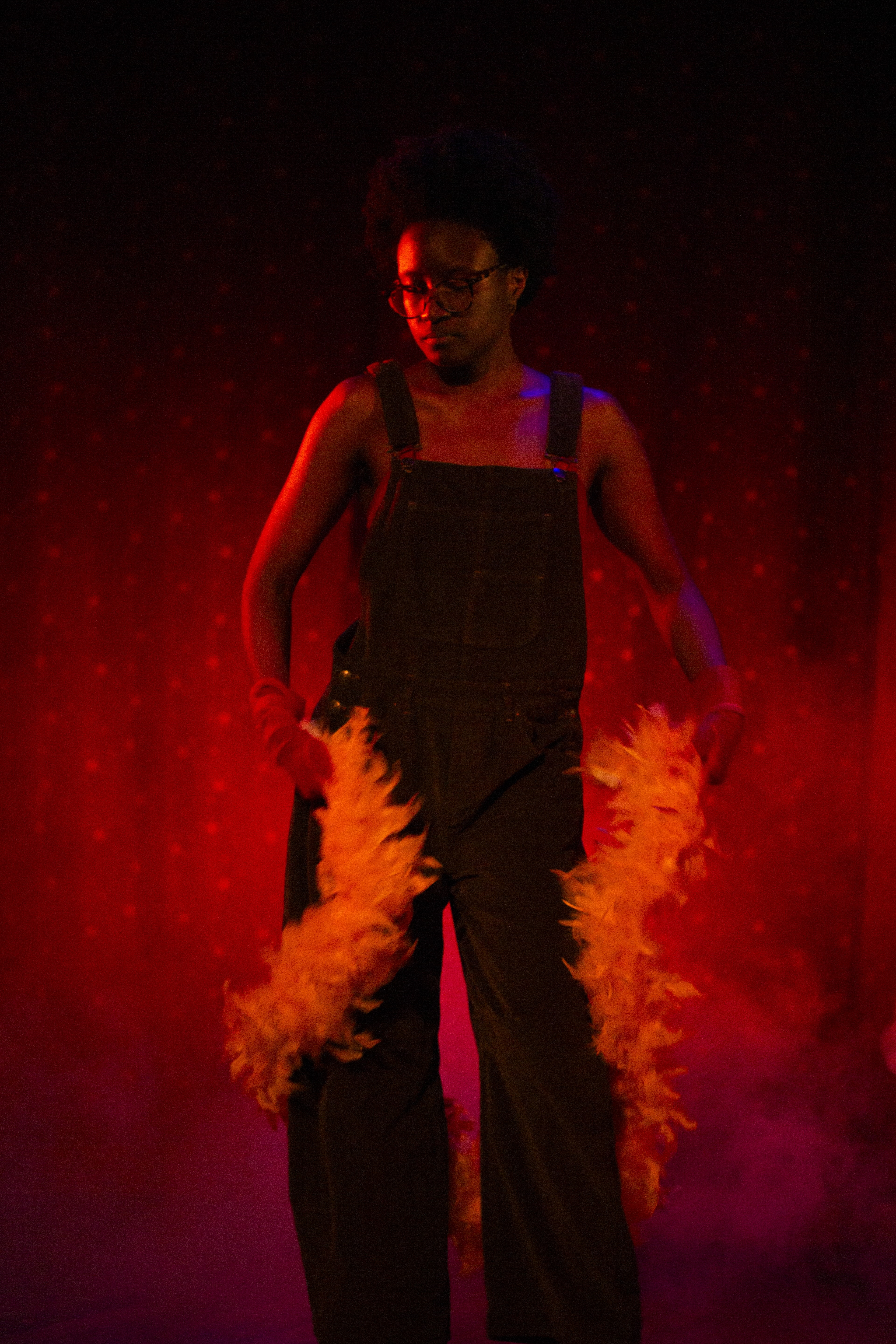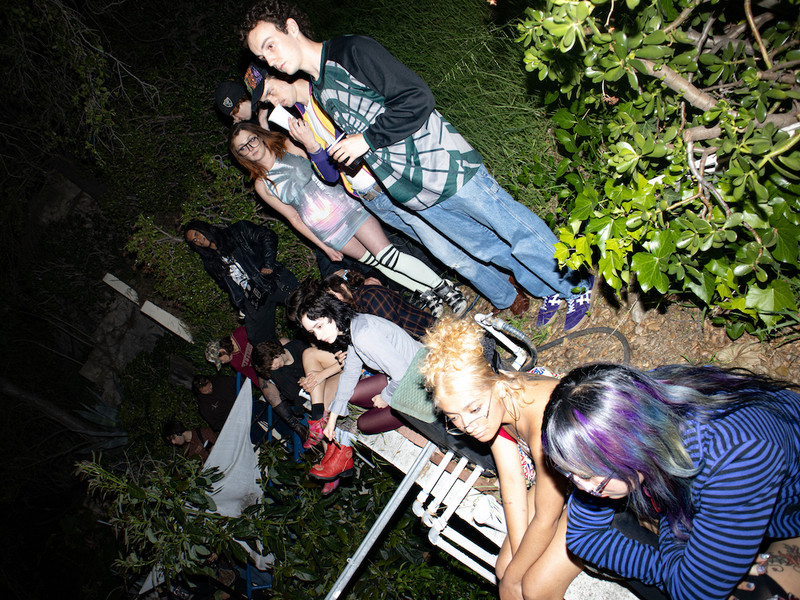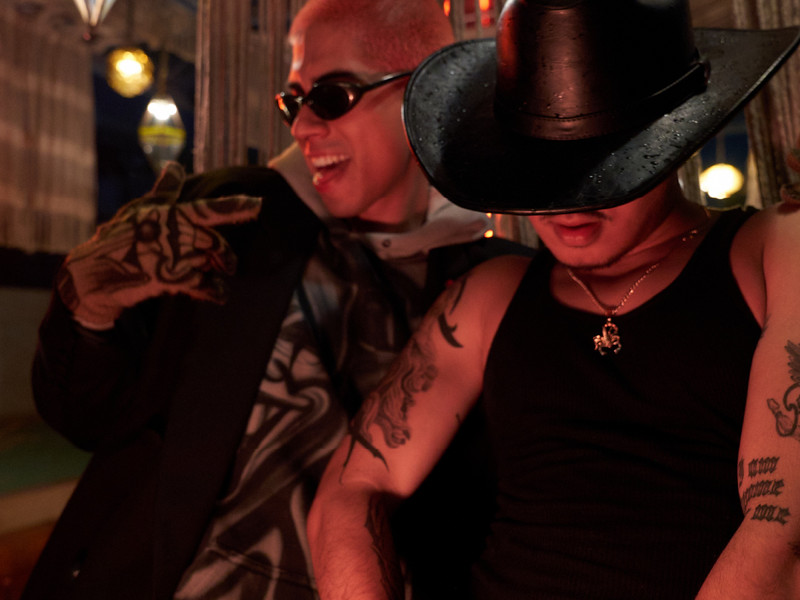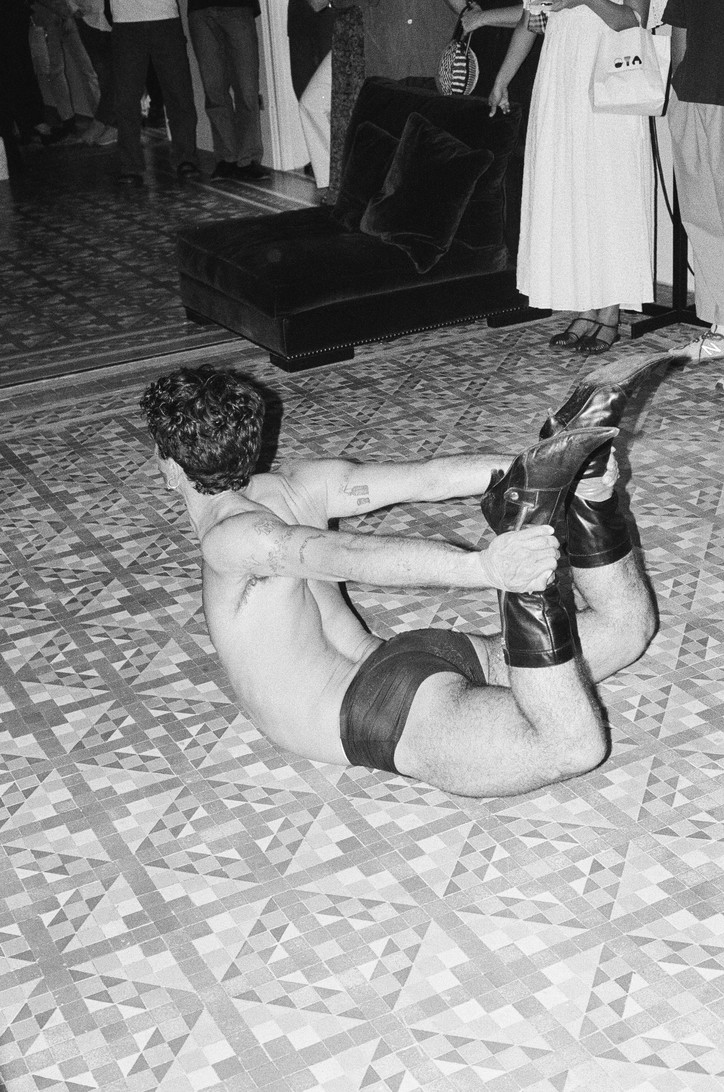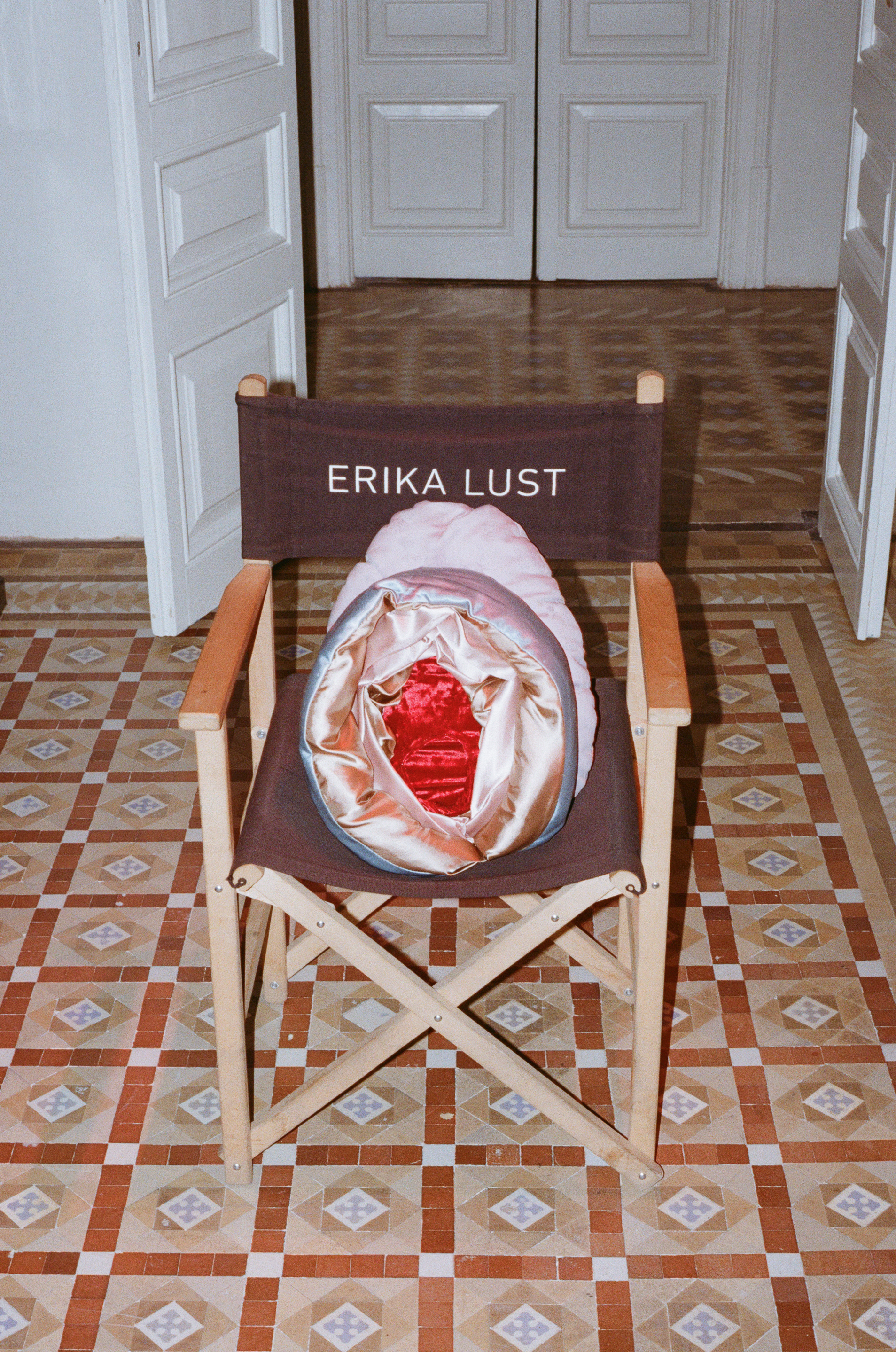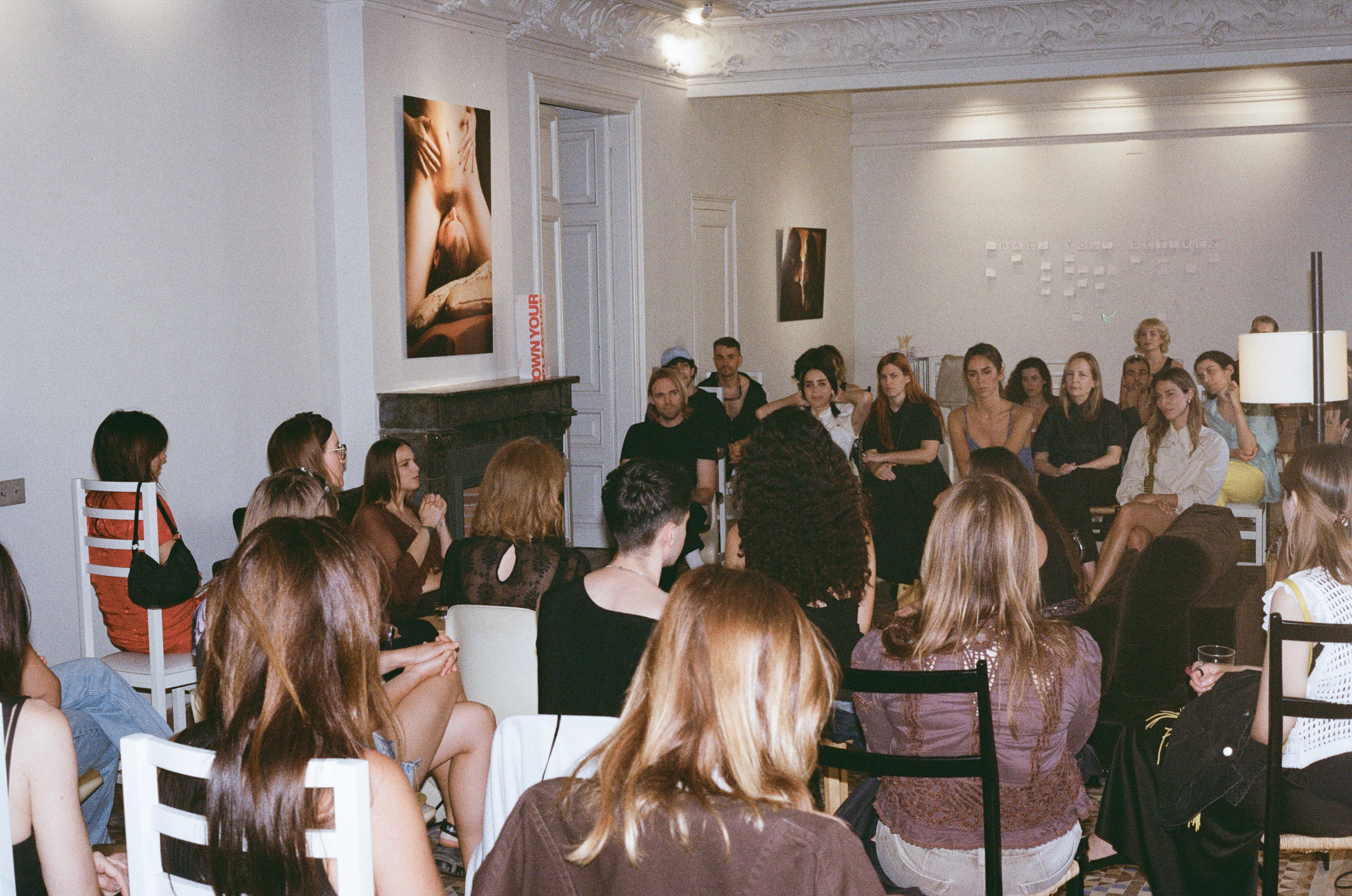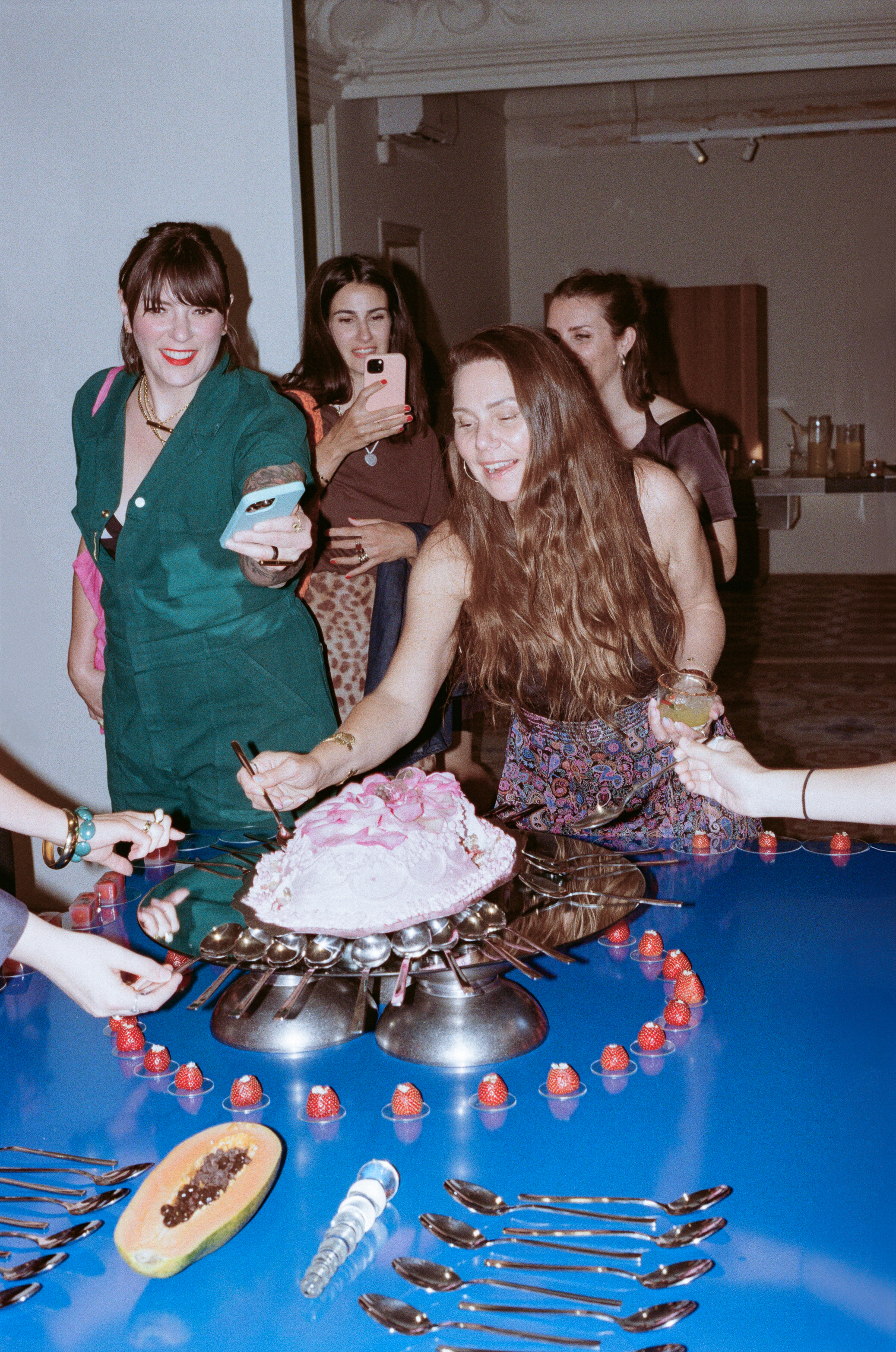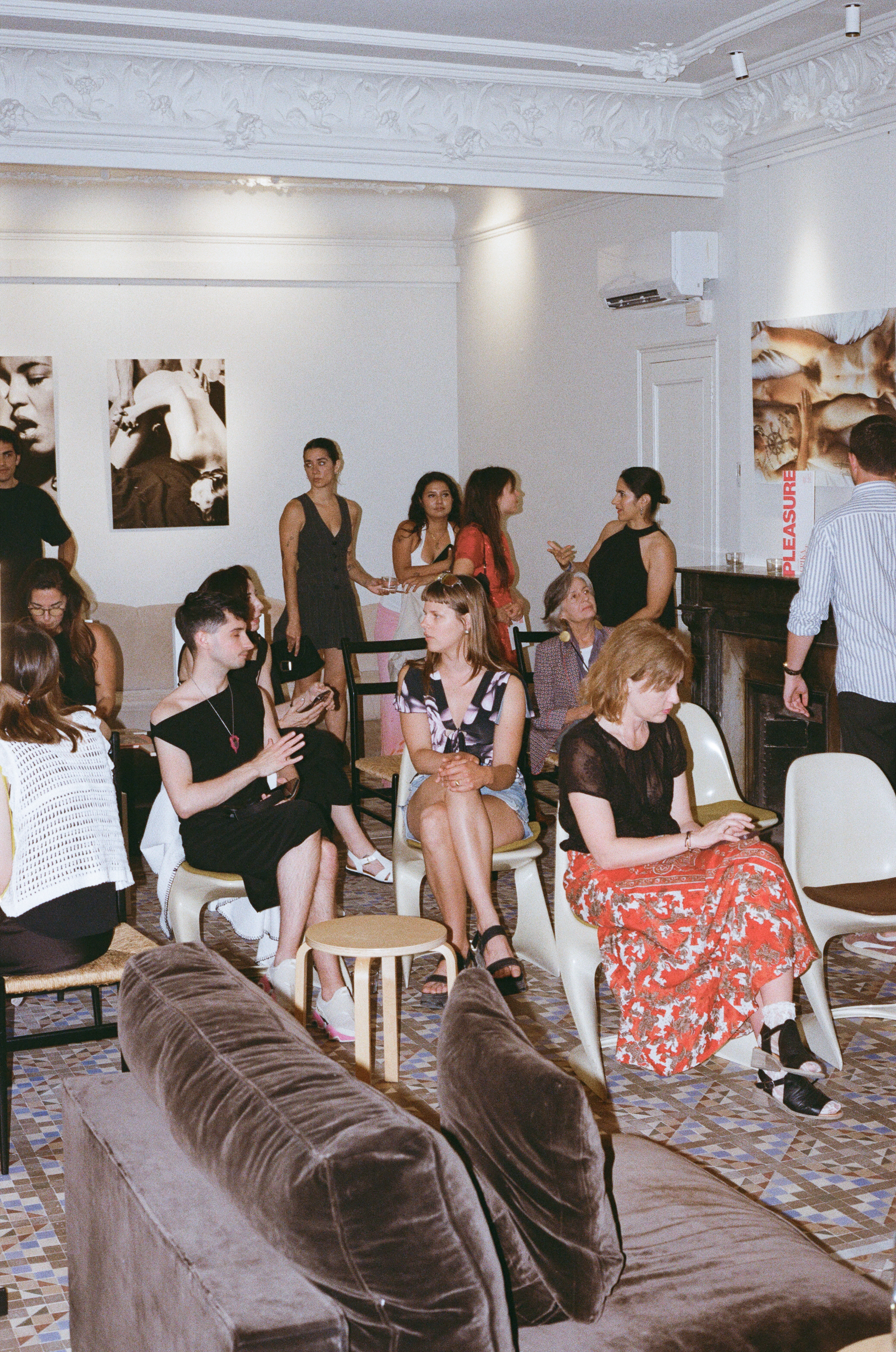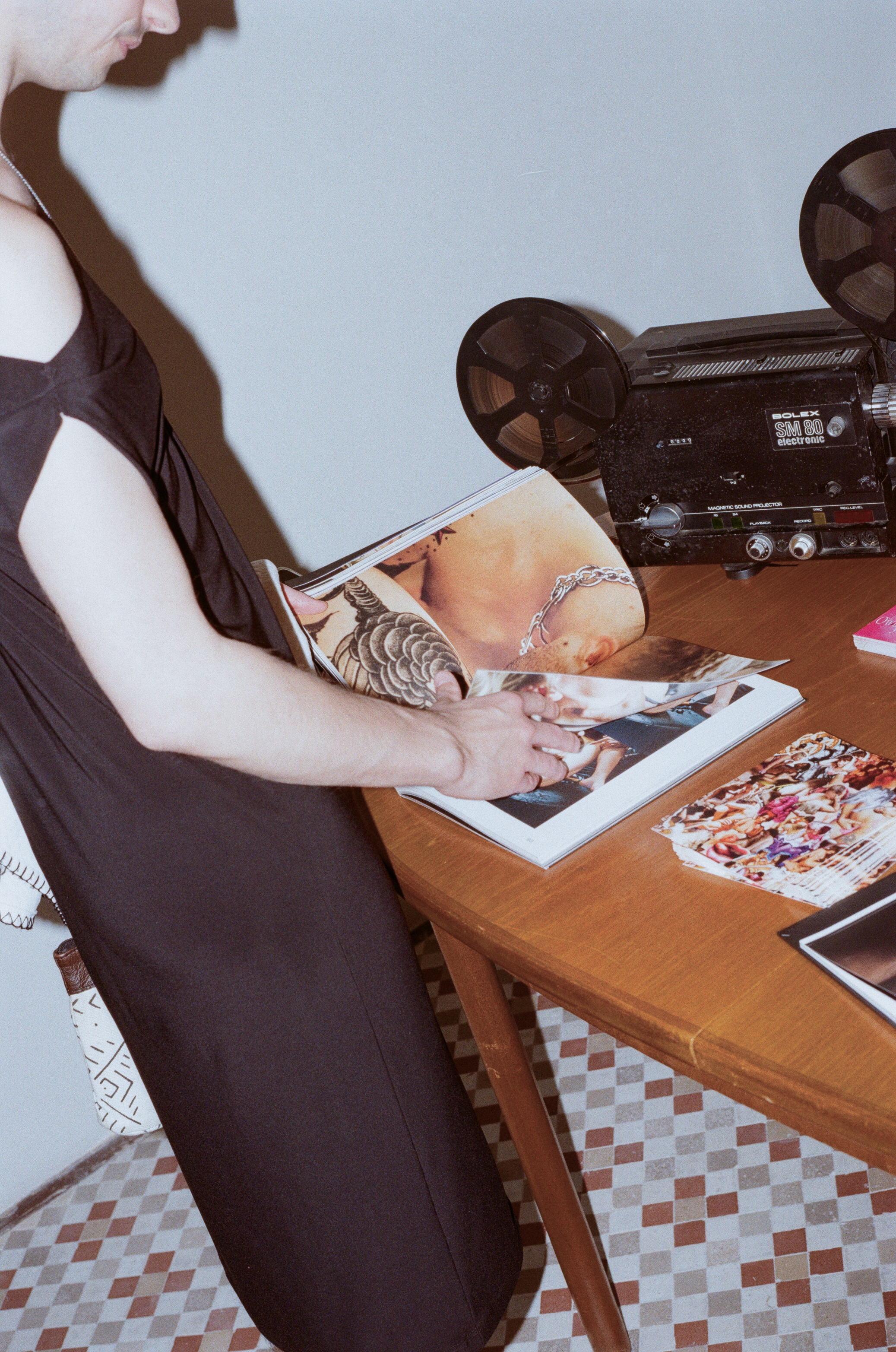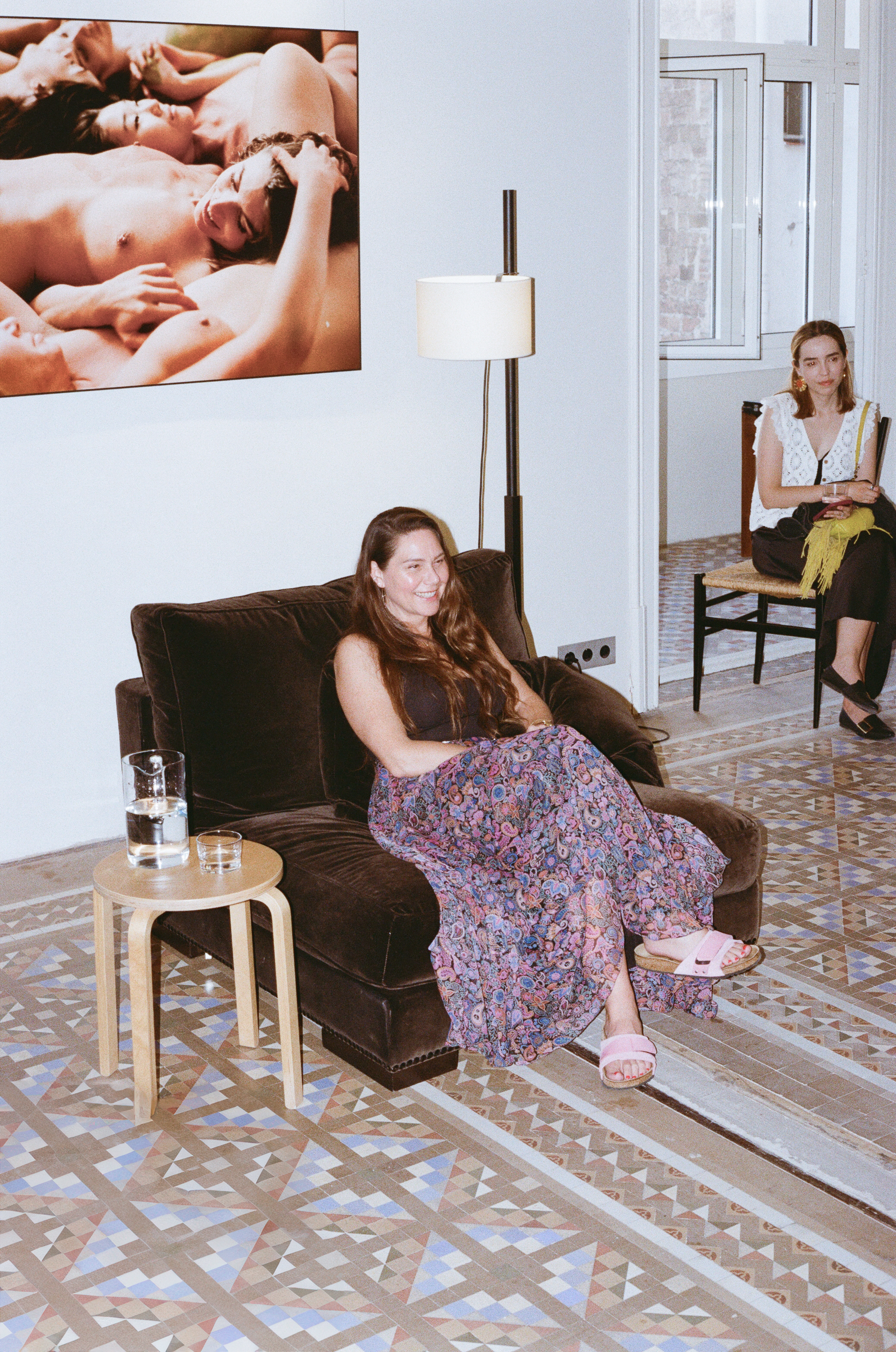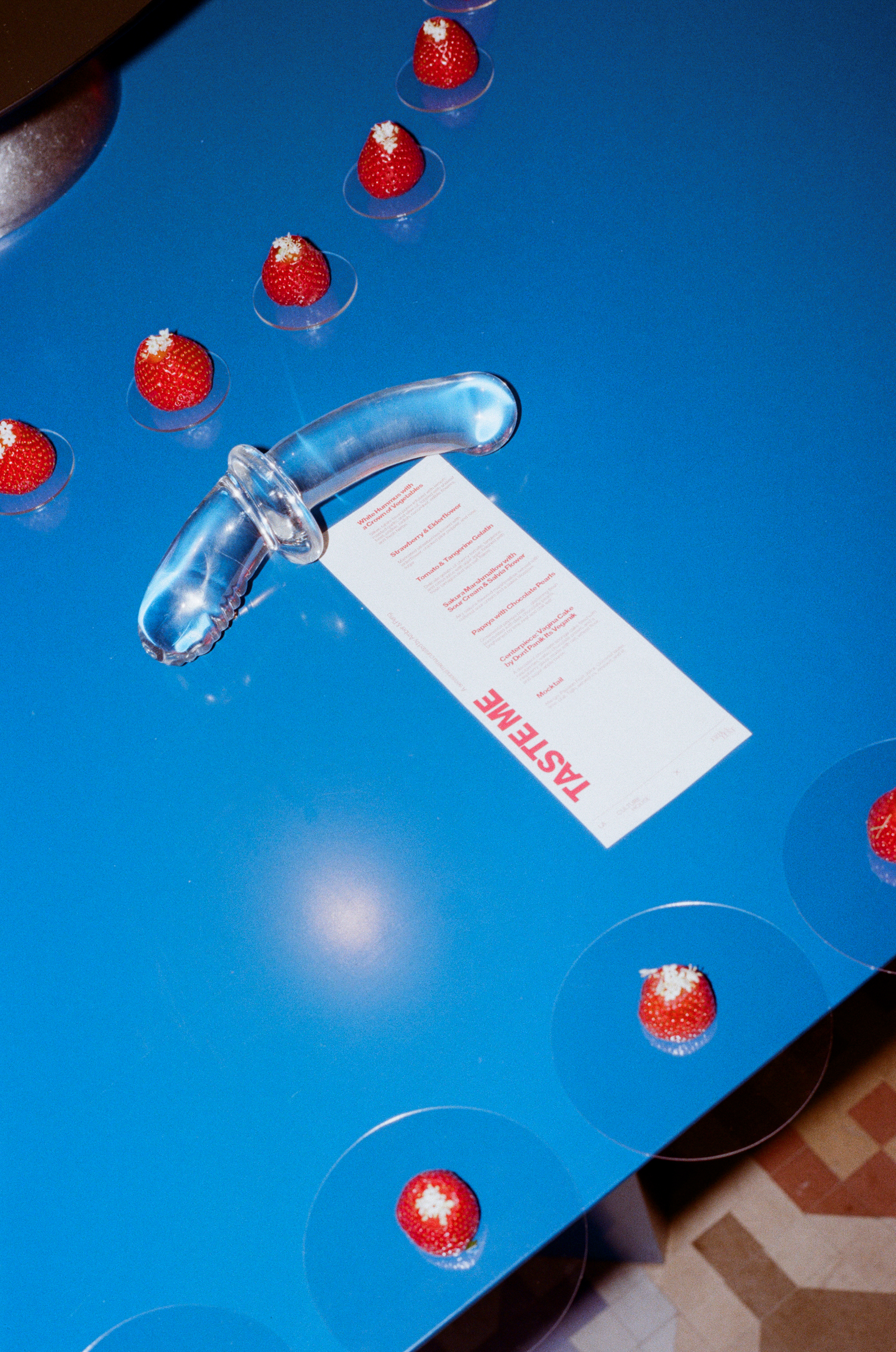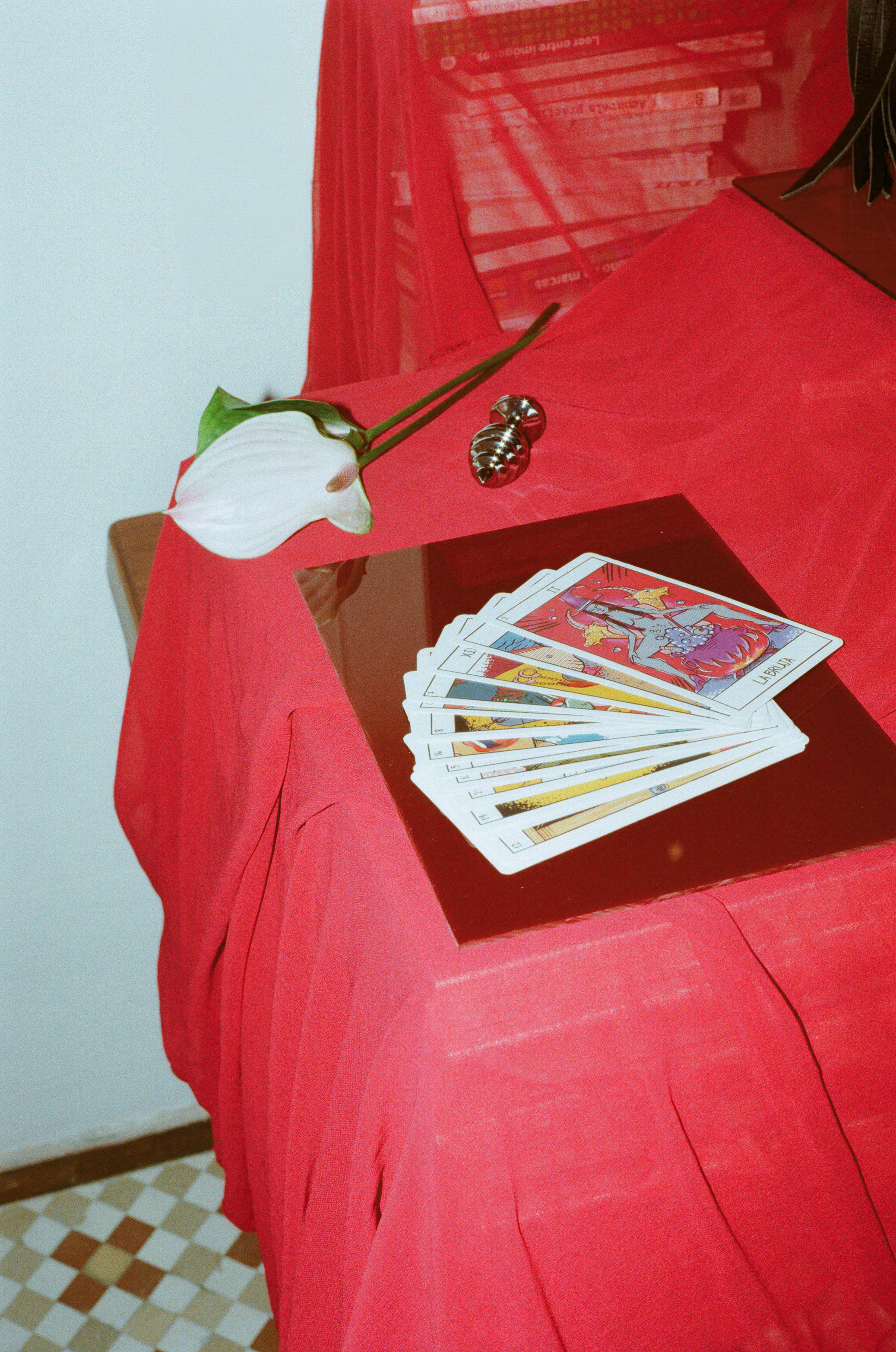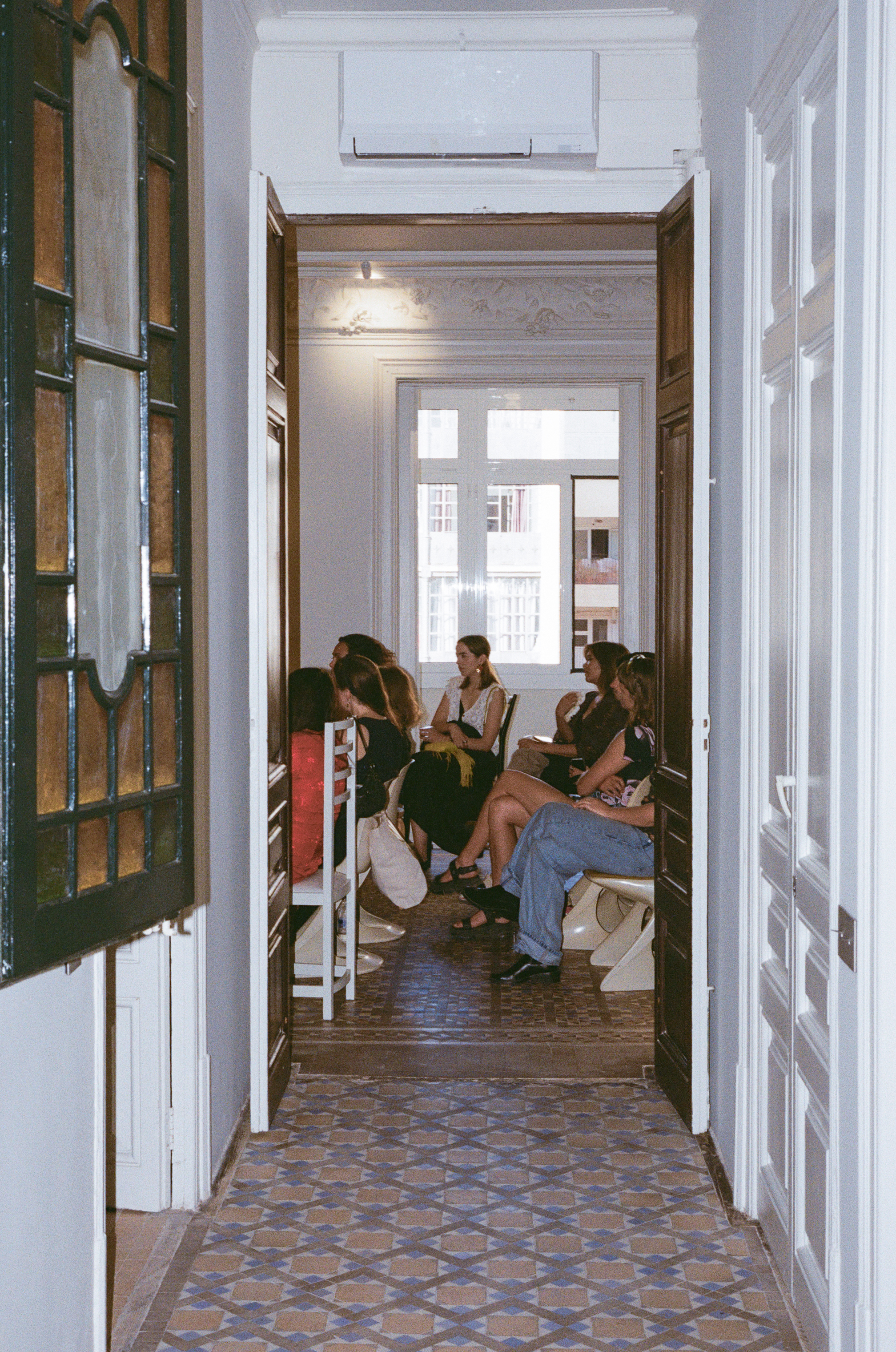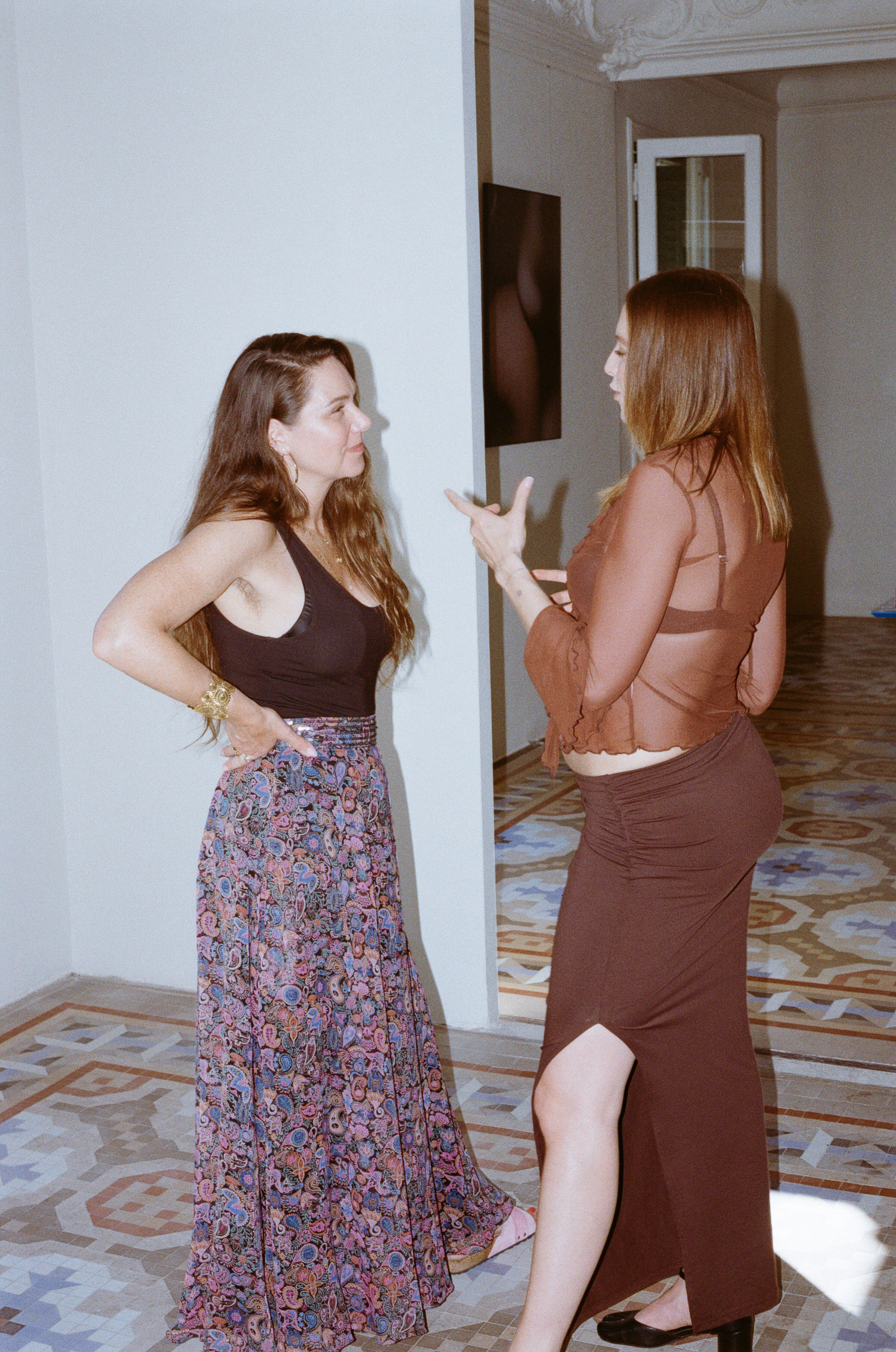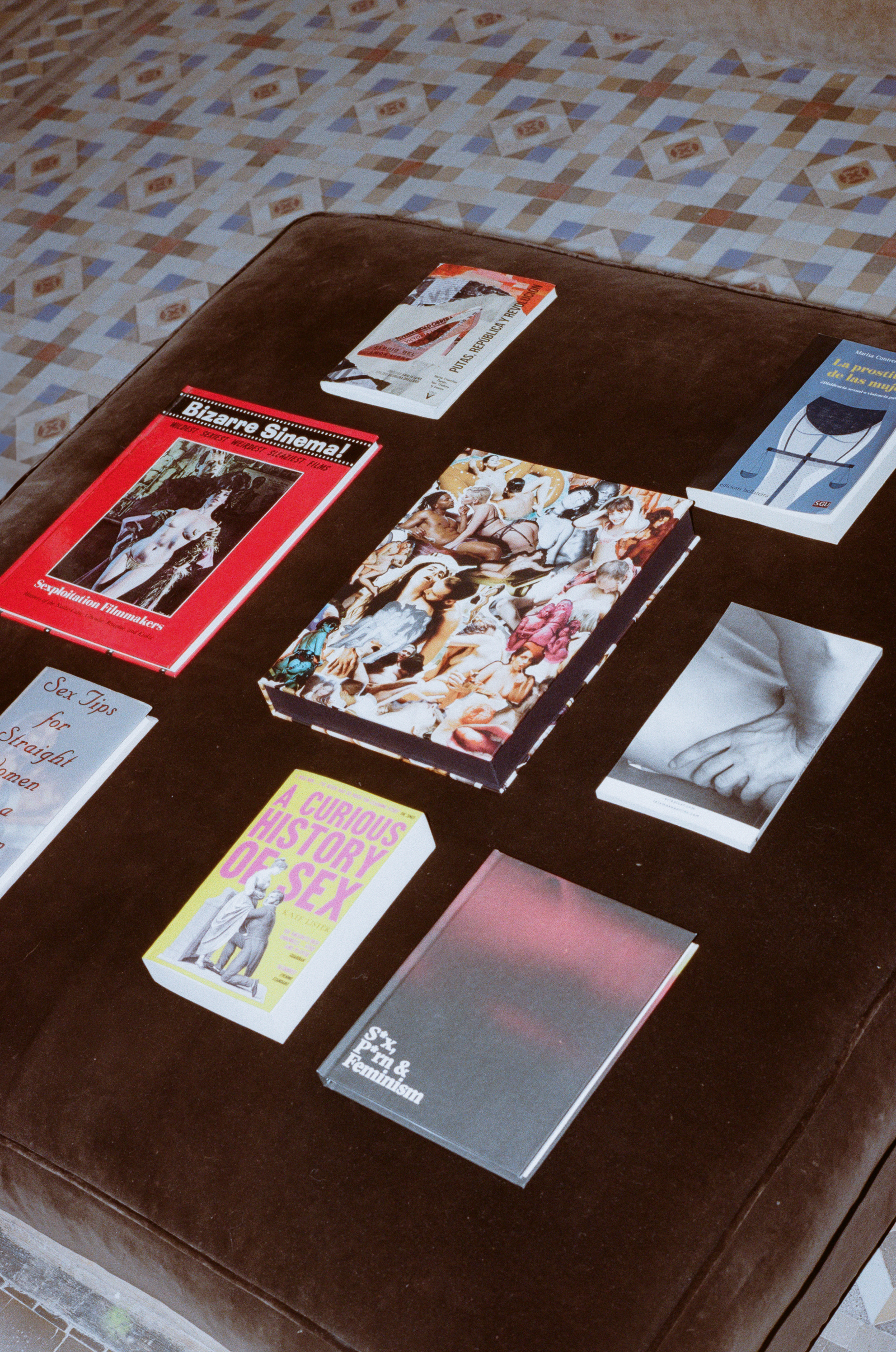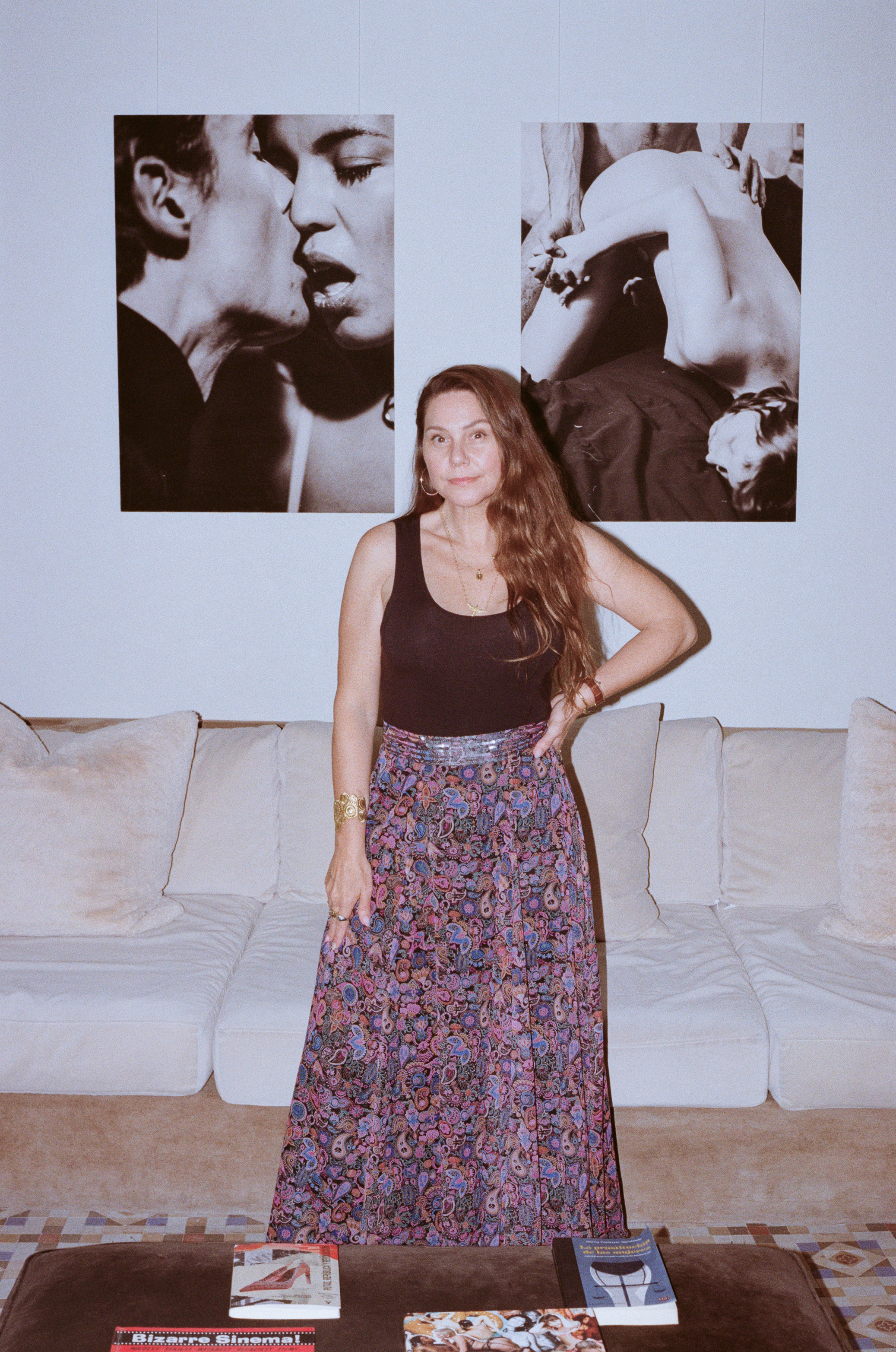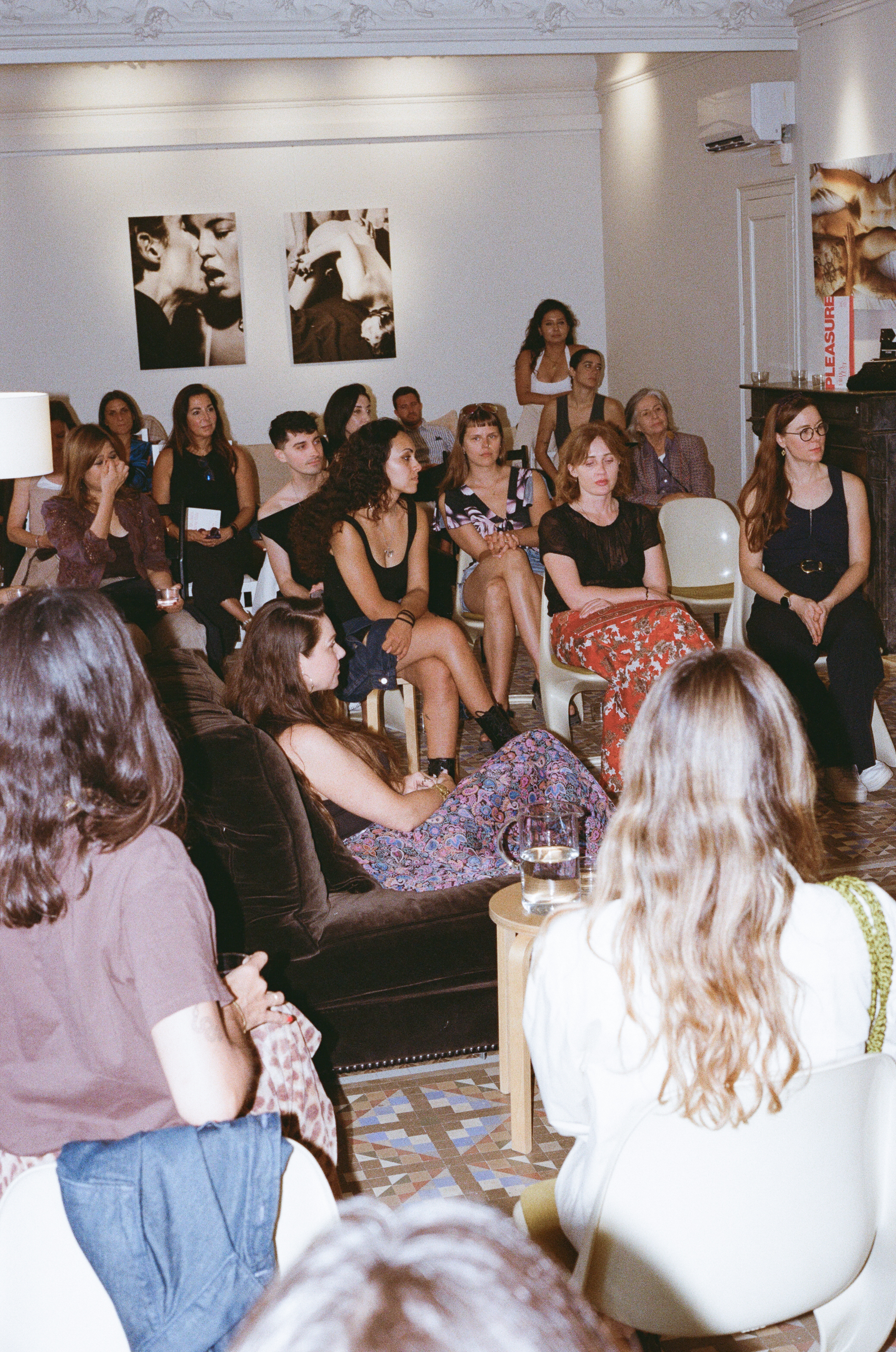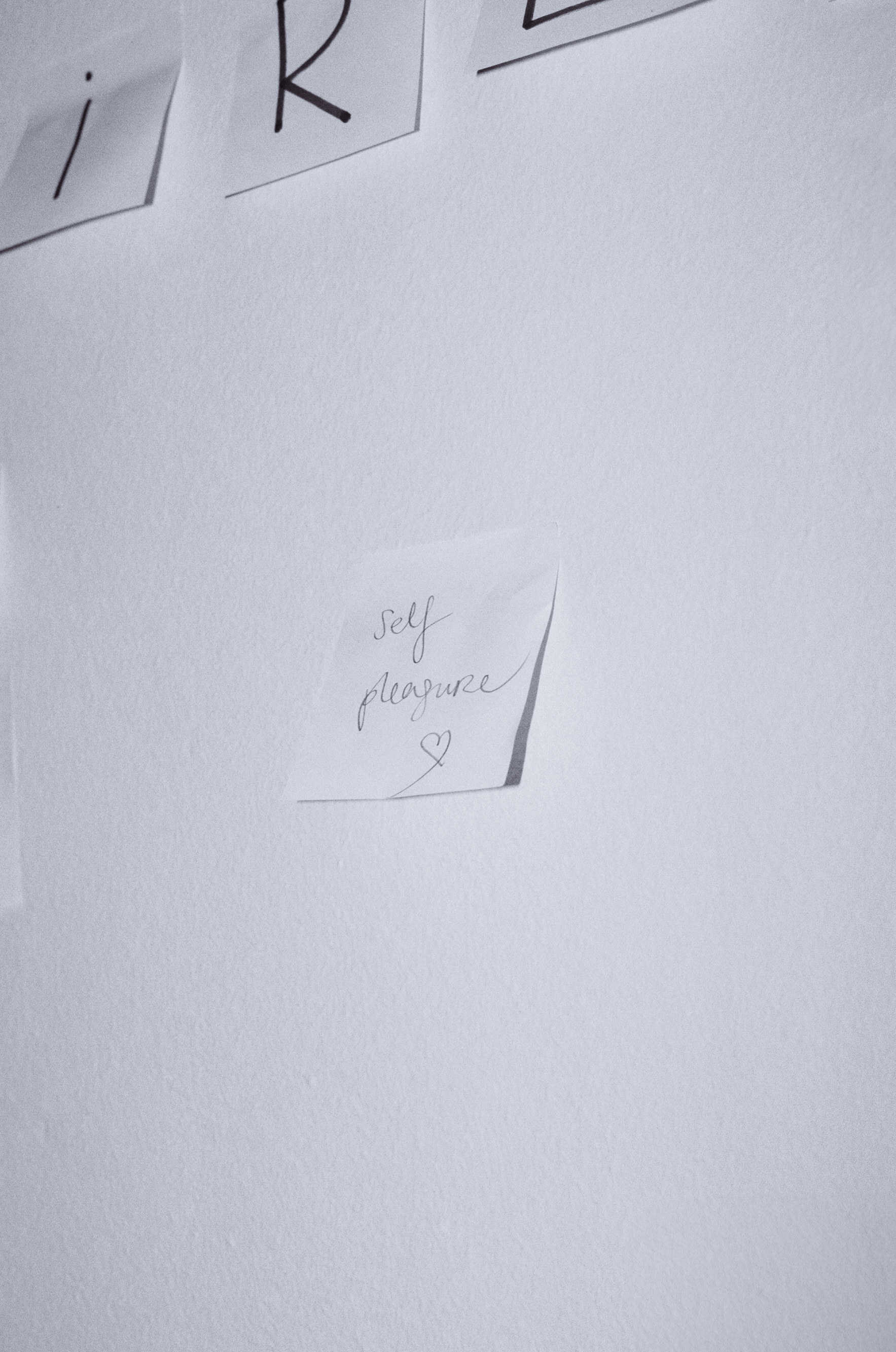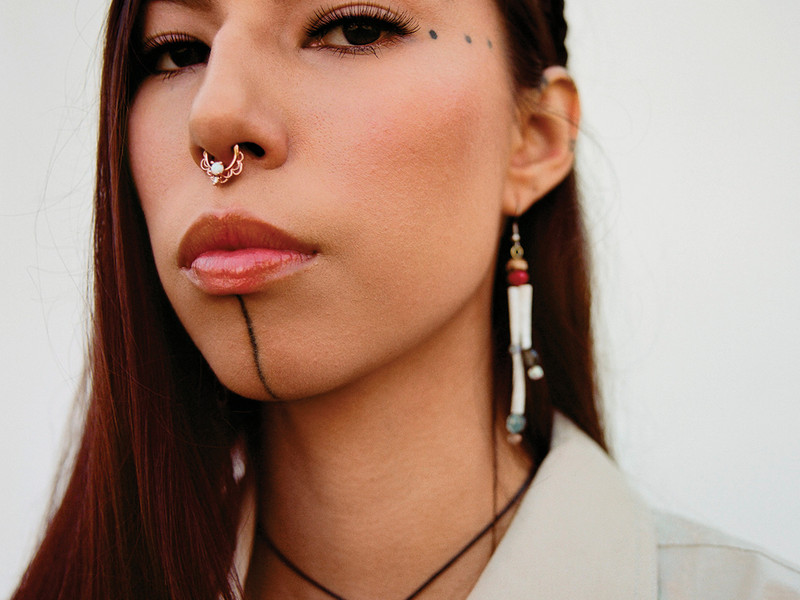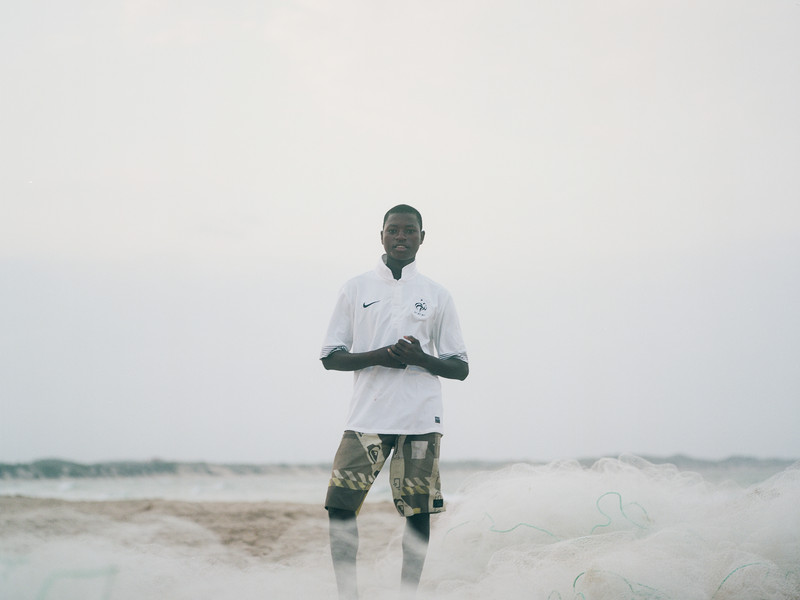Let's Talk About Sudan
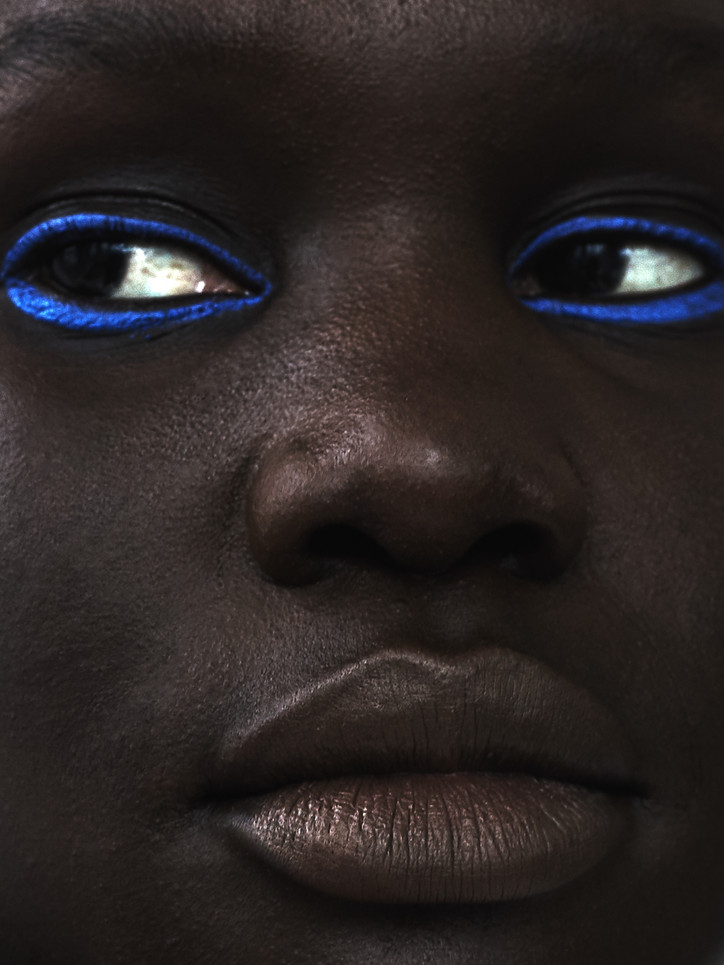
At this point, you’ve probably heard about the recent violence in Sudan or, at the very least, noticed dark blue circles fill up your Instagram feed in the past few weeks in the name of raising awareness for the crisis. But in case you don’t know why it’s happening, here’s a mini rundown (although you might want to do more reading on it if you haven’t already):
Sudan’s president Omar al-Bashir's was overthrown in April earlier this year after serving over 30 years in office. Responsible for numerous crimes against humanity including genocide, rape, murder, and torture, amongst others, al-Bashir left the country in complete chaos and on the brink of economic collapse.
The demonstrations that had been taking place against al-Bashir began to spread to the country’s capital, Khartoum, and the issue of transition of power led to the Sudanese military taking charge. Sudanese paramilitaries raped and assaulted medics and protesters as the entire country suffered a nationwide internet blackout. Amongst all of the terror, many people have pointed out that American media outlets have done little coverage to spread awareness of the crisis in Sudan, which is now currently at a political stalemate.
Gak shares deeply personal experiences from her youth with office—nightmarish memories that reflect the horror Sudanese people have endured under the country’s ongoing political crisis. Read the interview below:
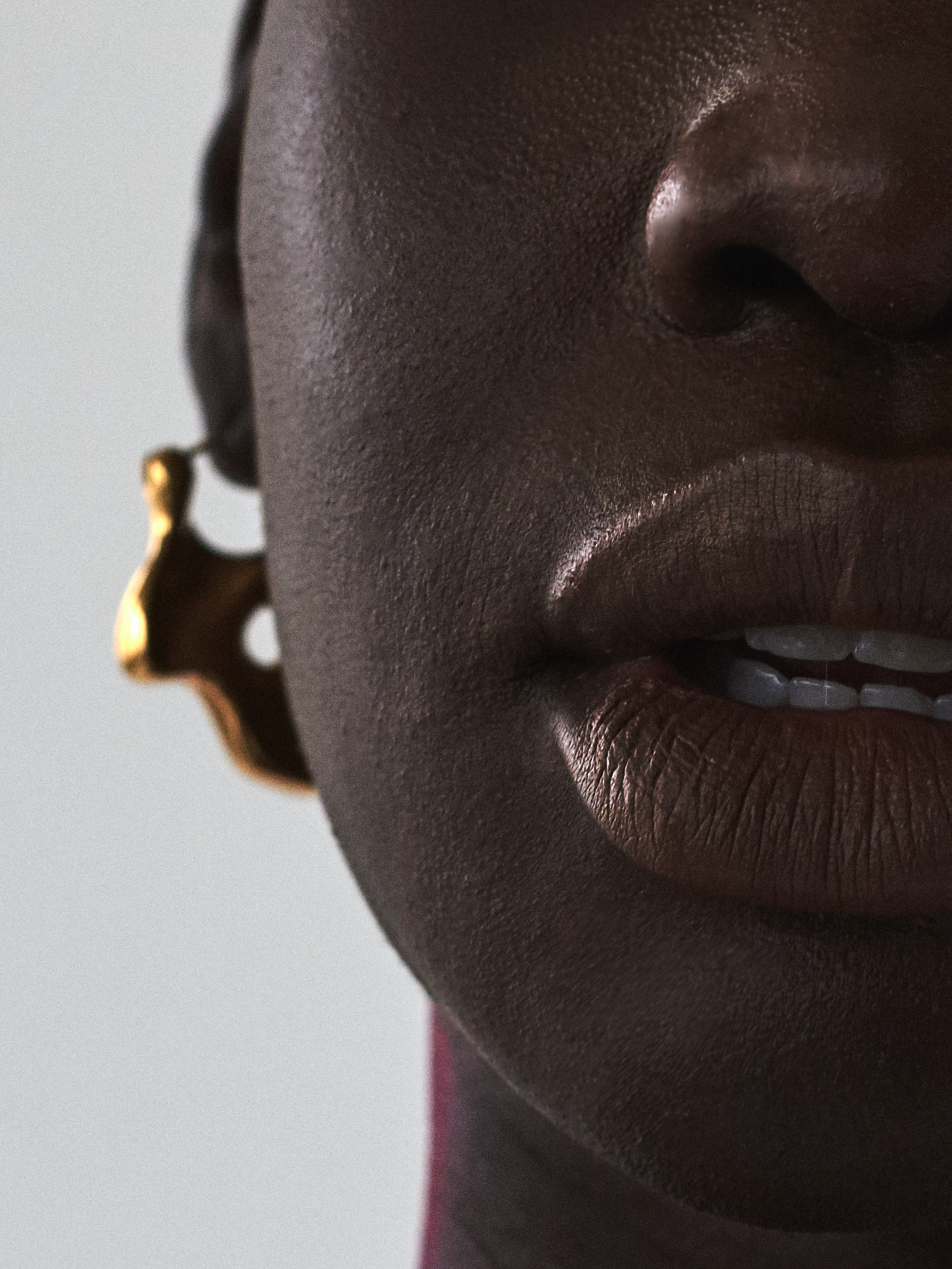
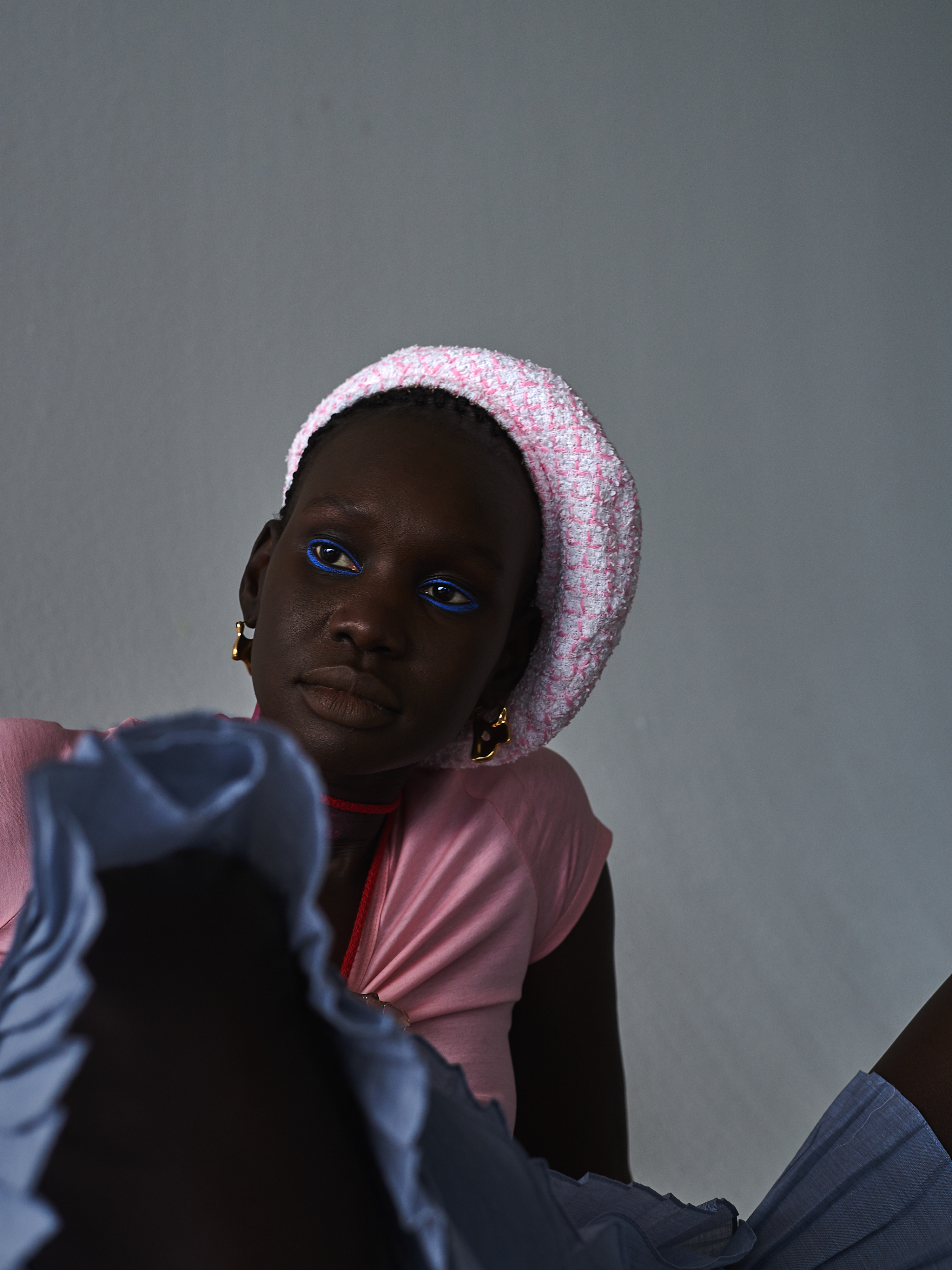
Top, broche + skirt by MNZ, earrings by Ellery, shoes by Yuul Yie, beret by Chanel
What was it like growing up in Egypt as a Sudanese person?
So, I was born in Sudan, but I left when I was three. We moved to Egypt. I was a refugee, and actually, there was a lot of racism going on in Egypt. My sister was murdered there in 2005 by Egyptians, so it was really hard.
I’m really sorry you had to go through that. I looked into that event a little bit, about how the Egyptian police had murdered over 20 unarmed Sudanese refugees. If you’re comfortable enough to talk about it, what happened that day on December 30, 2005 as per your recollection?
It was right after Christmas, and I remember my mom and my sister—we went somewhere that’s like a park. And all the Sudanese people were basically there protesting, because they didn’t like the way people in Egypt were treating us. We were basically telling them, “If you guys don’t want us in your country, you can take us somewhere better.” It could’ve been America, Australia, Canada or even just send us back home, you know?
I remember this night, because we were actually sleeping, and then I remember my mother waking me and my sister up. And there were Egyptian police surrounding us, demanding us to get out of the park. And they didn’t give us any time, but a lot of people had children there, you know? My mom luckily only had my sister and I, but a lot of people had more children than that. And waking up an infant or a young kid is hard. If you’re a parent, you know that. It takes a while for them to wake up.
So they didn’t give us any time to get up and pack our stuff to leave. Then they started attacking us. First, they were watering us with hot water. I remember my mother was holding mine and my sister’s hands. Then, we went to this little tree in the middle of the park, and we stood there while everybody was basically running around. That’s the last thing I remember before I woke up.
I can’t even begin to imagine what you went through. What happened after you lost consciousness?
So when I woke up, I was literally underneath people. There were dead bodies on top of me. I thought I was dead, but I had passed out, being stomped on and all of that. My sister was not around me. My mother wasn’t. I didn’t know where they were or if they were even alive. And instead of taking us to the hospital, they took us to prison.
So I was in prison for a month—my mother and I were there actually. We didn’t even know my sister had passed away until we went home and were told that my sister was murdered in that park.
When you say you returned home, do you mean you home in Sudan or Egypt?
Egypt. I don’t think I would ever go back to either countries though, because of my sister. Even though people think that racism exists only in America, that’s not true at all. At least in America, there are people that will actually stand up for you, and it’s not allowed. But in Egypt, it’s behind closed doors, and nobody talks about it, you know? It’s like we can’t do anything about it.
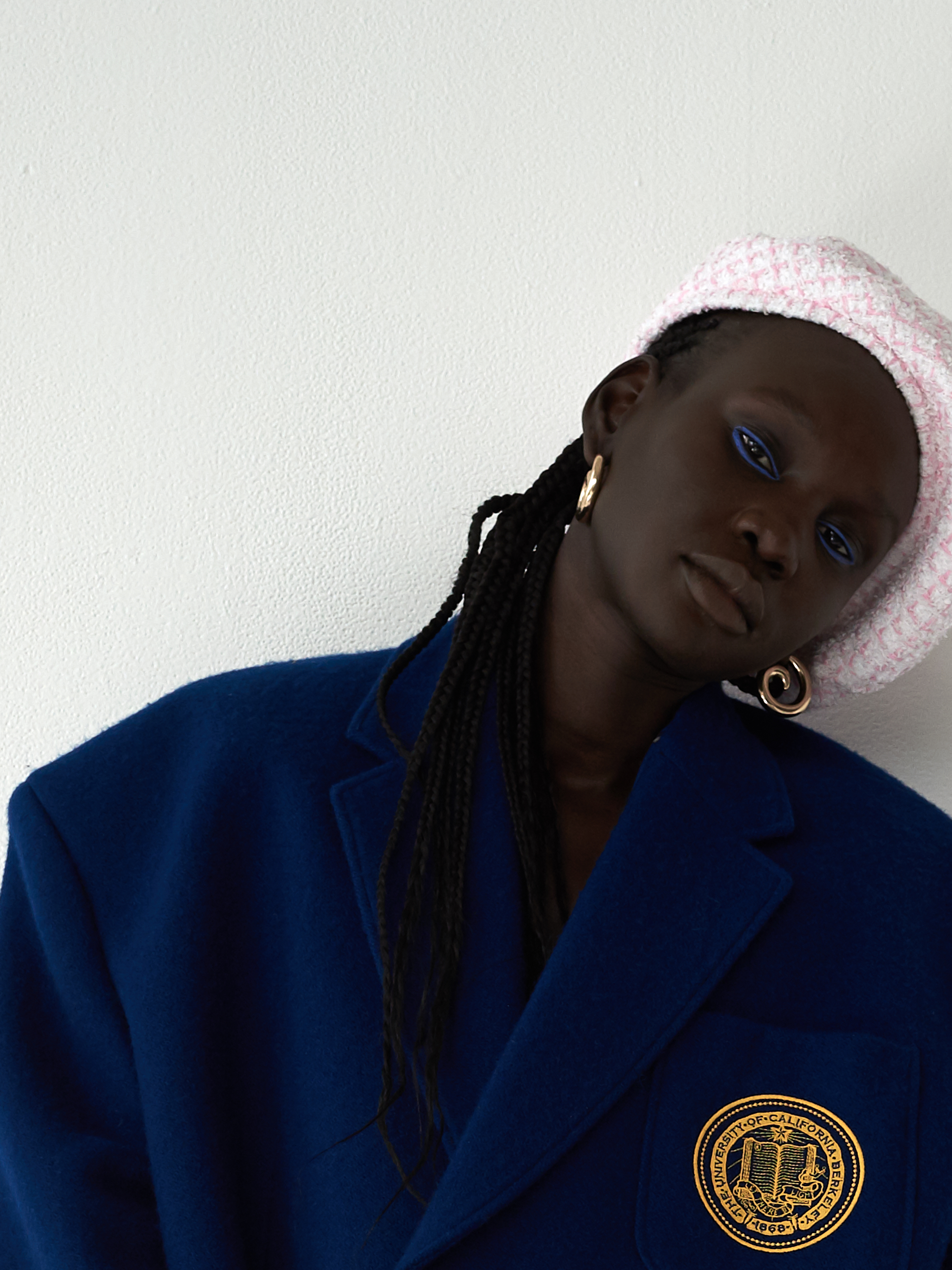
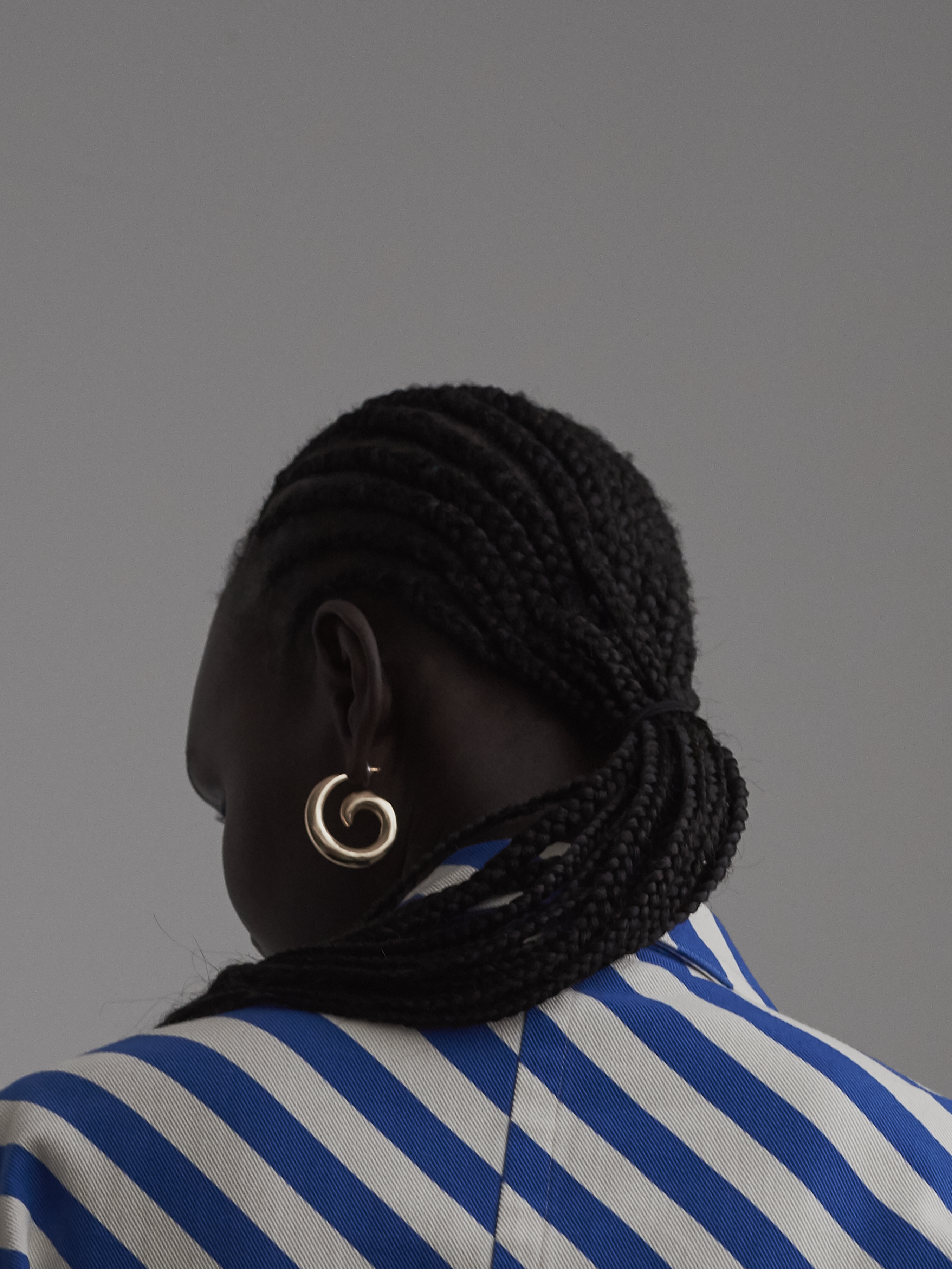
Left - Skirt, blazer and jacket by Calvin Klein, shoes by Yuul Yie, earrings by Michael Olestad, beret by Chanel
Right - Jacket by Dries Van Noten, gloves by Chanel, earrings by Michael Olestad
With everything that’s going on over in Sudan, it’s so shocking to know that people are experiencing that level of violence and terror that you experienced as a child. Do you still have family in Sudan?
I do have family in Sudan. Actually since the recent crisis, my mom—she has two sisters and her brother living out there. When all that craziness started happening recently, we sent them money, because you couldn’t be out and about with all the protesting and violence going on. You can’t go to work. You can go and buy food, and then go back to your house. We talk though. My auntie calls us like every day.
And so, even though you’re physically separated from what’s going on, how else has the current crisis in Sudan emotionally affected you or your mother?
It was a lot, because I’m so close with my mom. We’re like one person, to be honest. So everything that affects her, affects me. Those are her siblings. If anything happens to them, she would be so upset. That’s her only family, because it’s just my mother and I here in America. My family’s not that big. It’s too much to bear to think about losing somebody else, because my mom has already lost her husband and my sister.
My mom has been stressed out, and she calls me everyday. My mom’s also been dealing with health problems, and it’s hard on her with what’s happening in Sudan, you know?
What do you hope to see happen in Sudan?
Peace. All peace. Just peace.
If you want to do your part to help out the victims of the crisis in Sudan, consider donating to these organizations:

